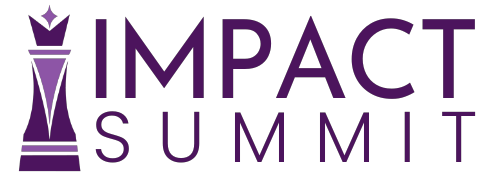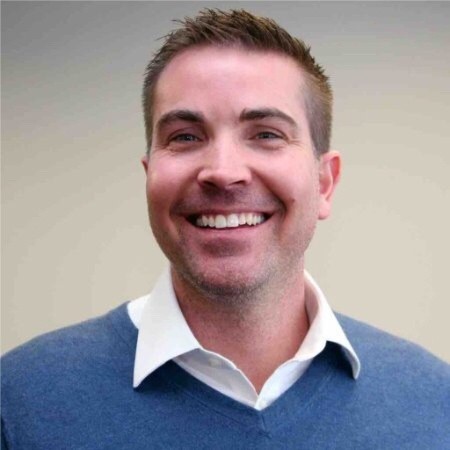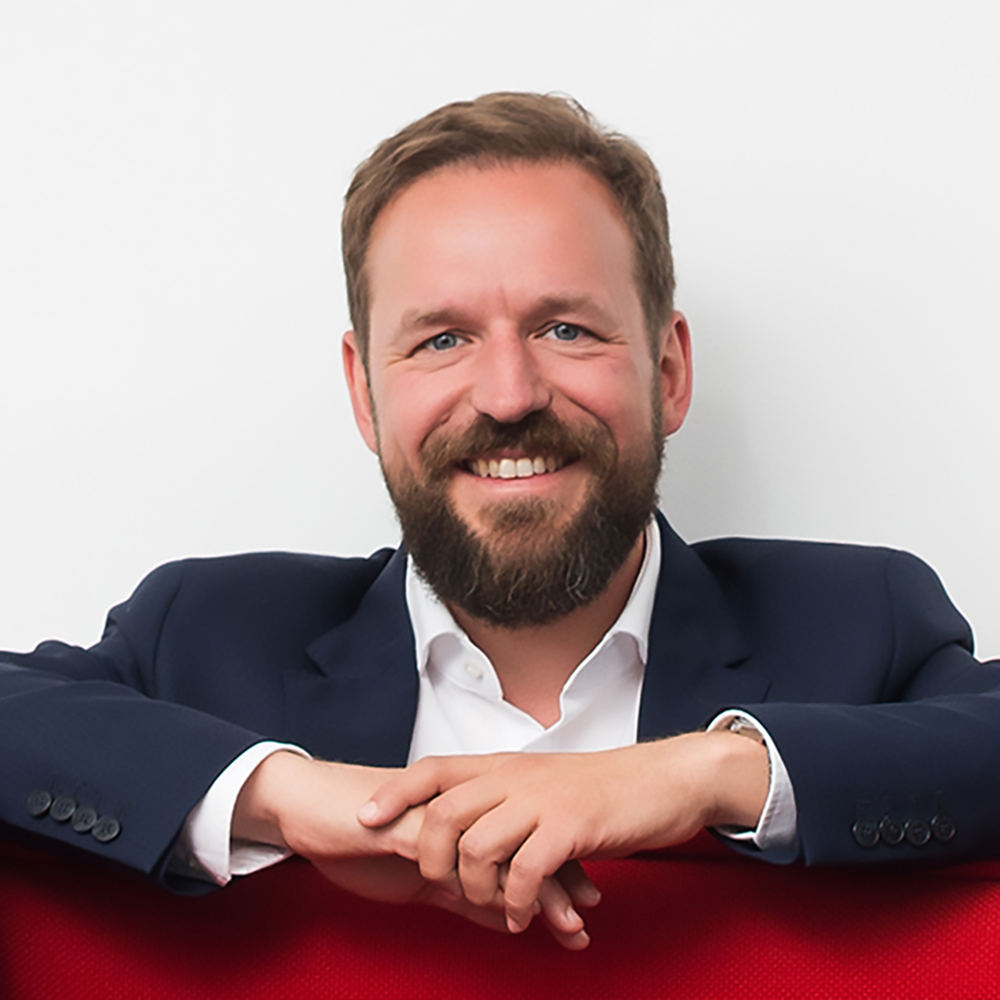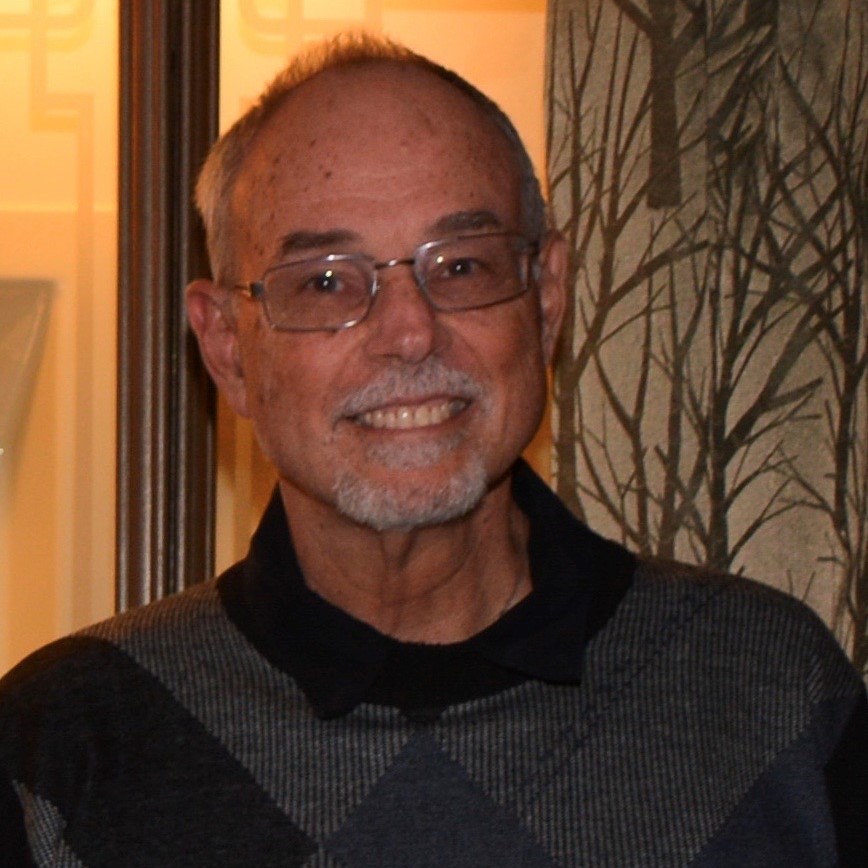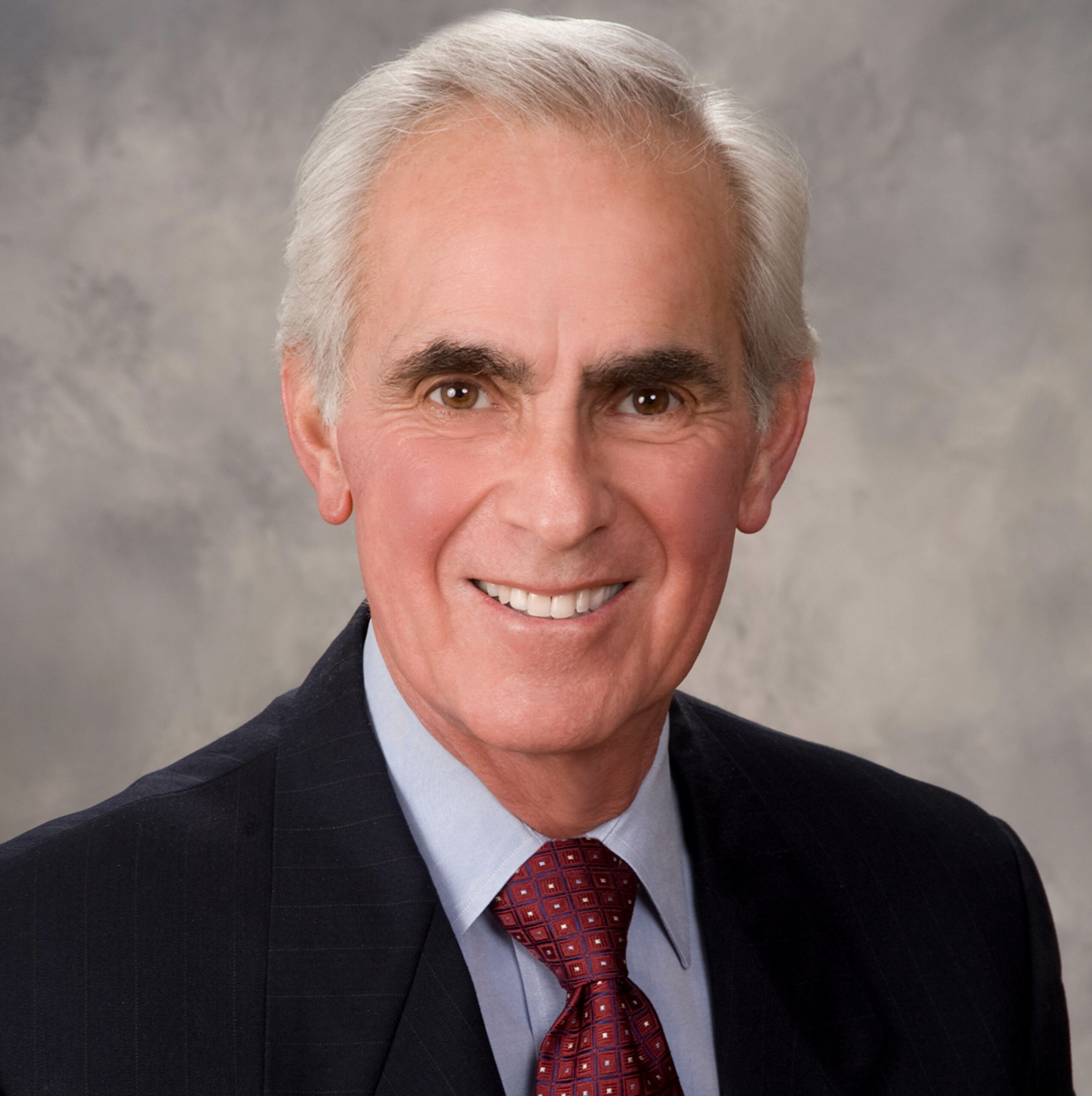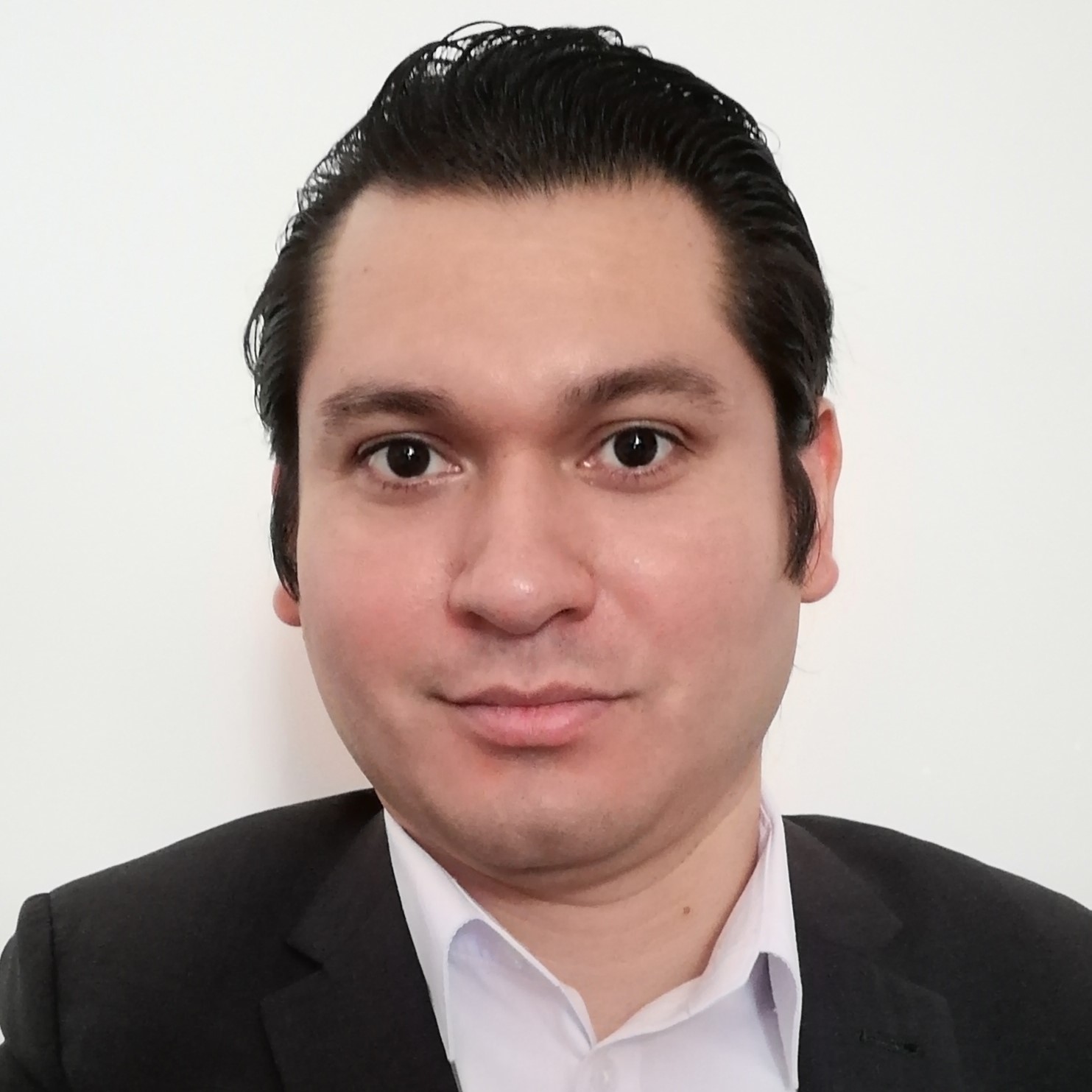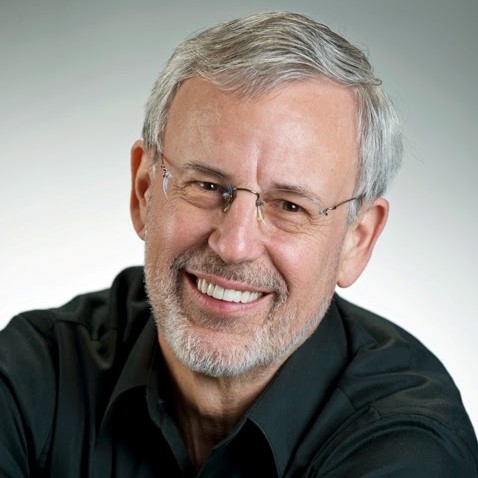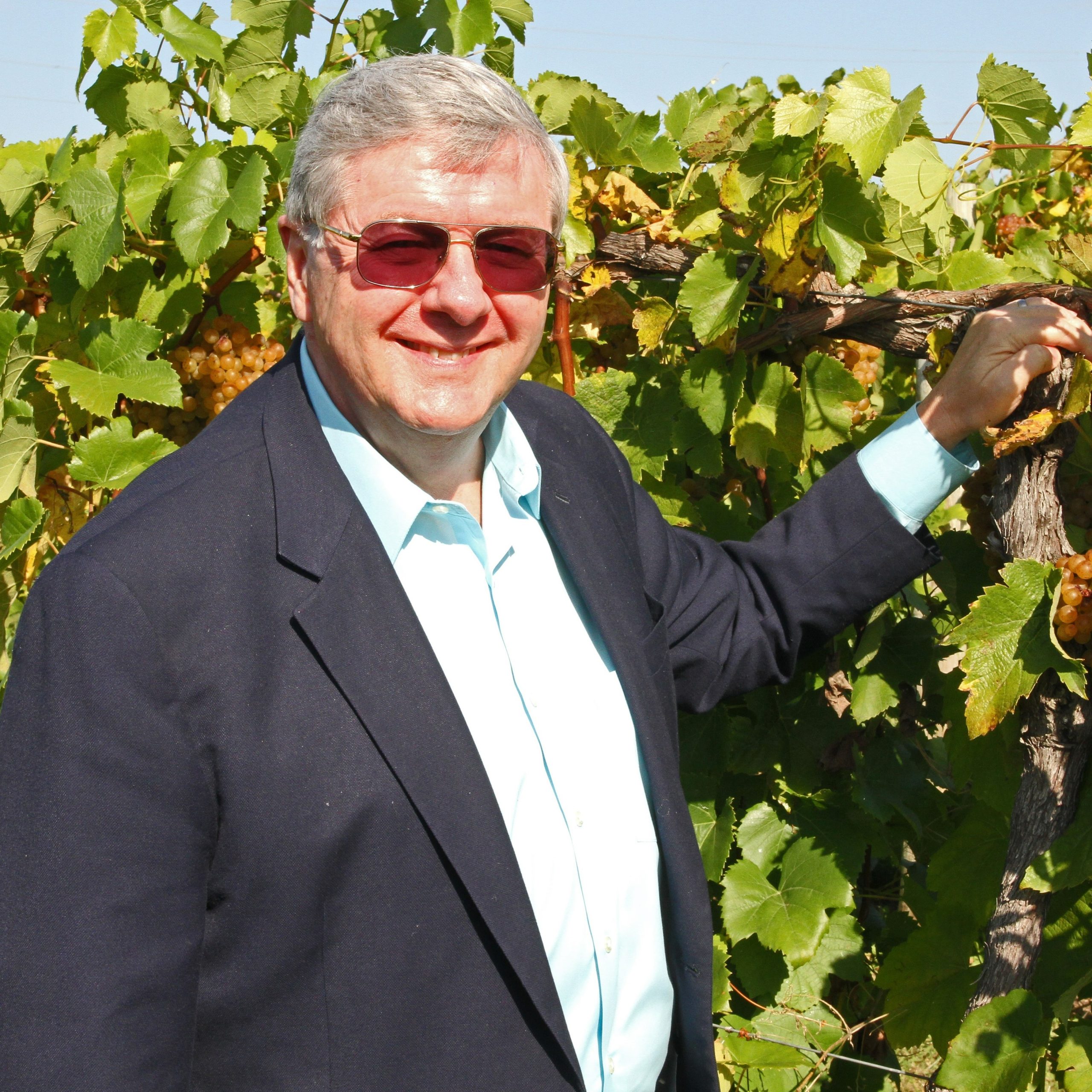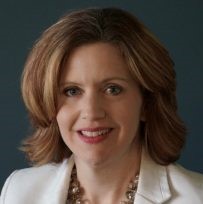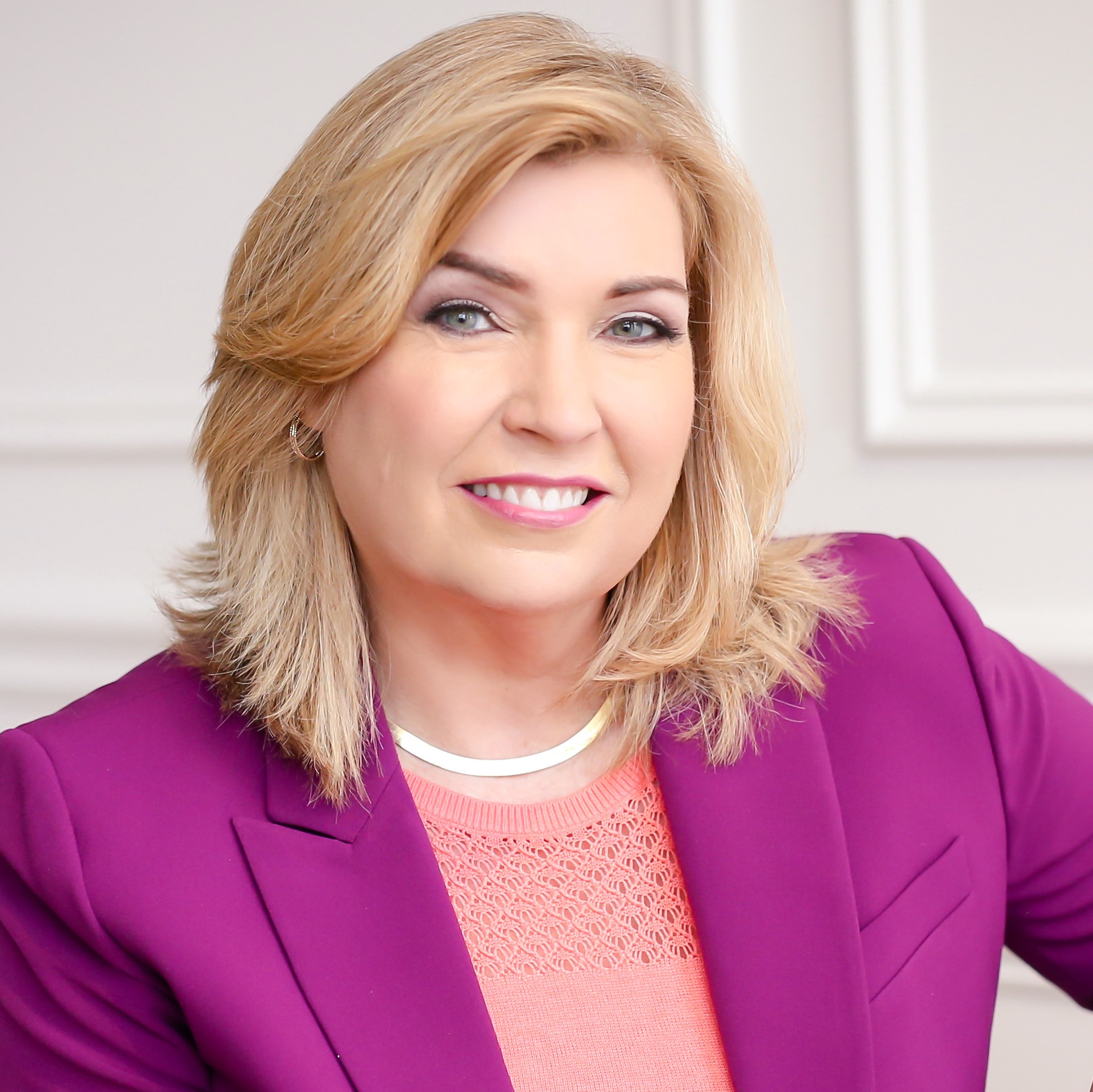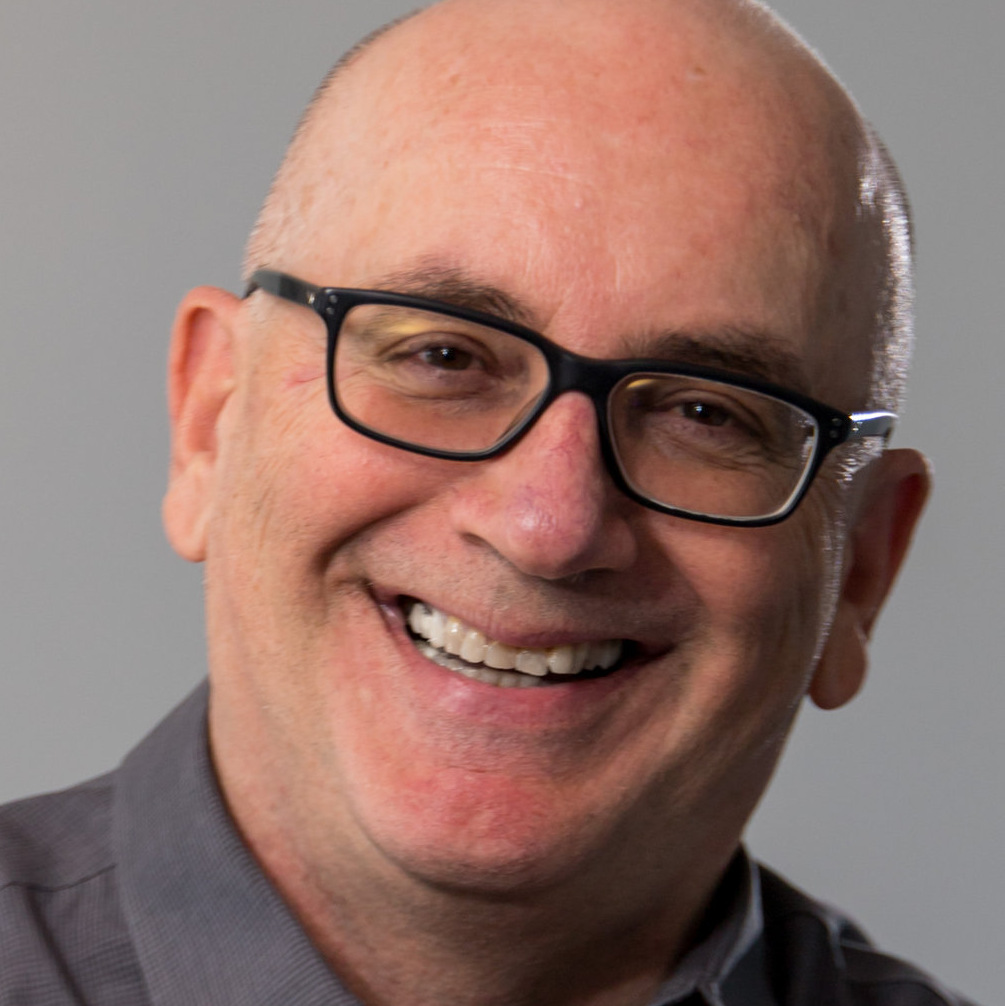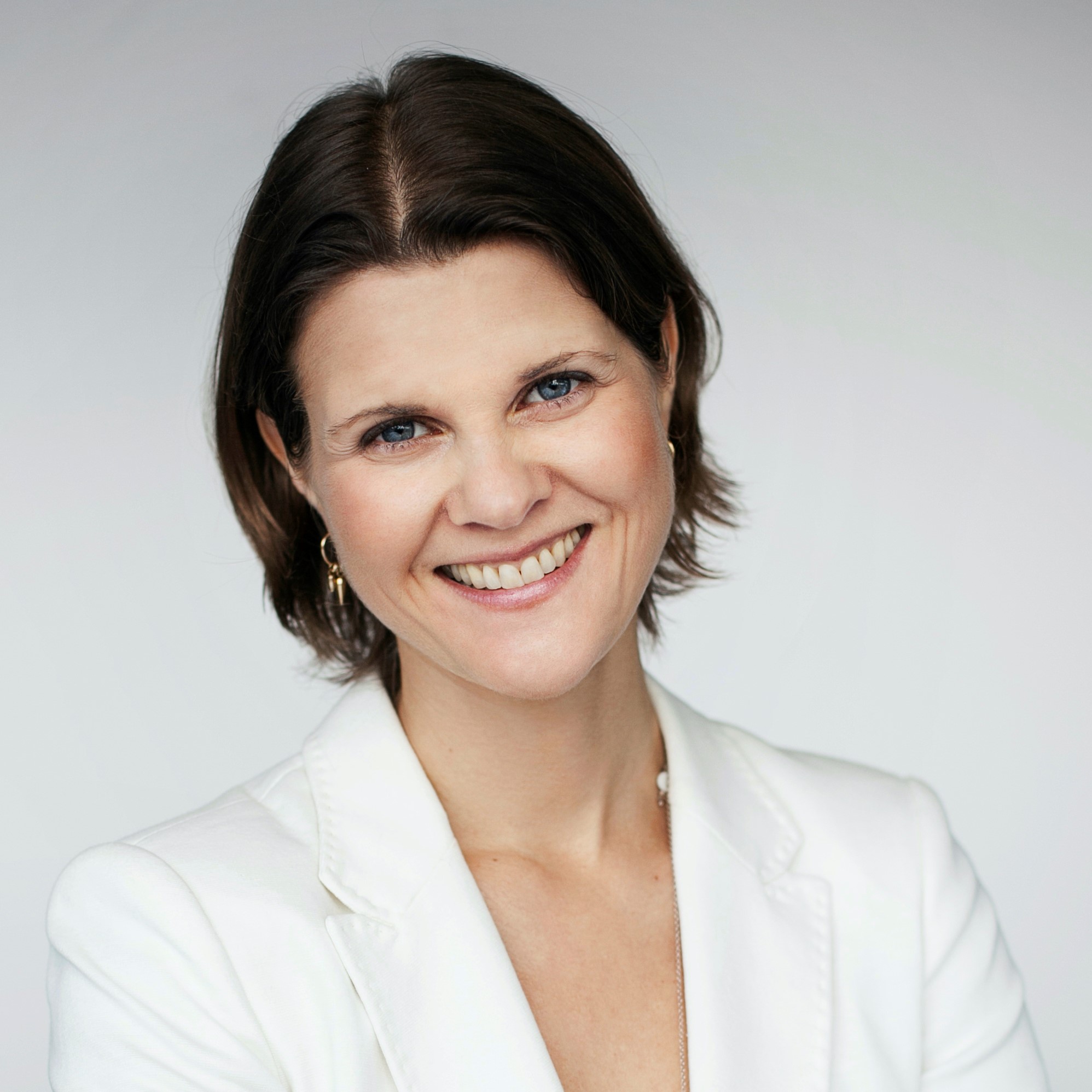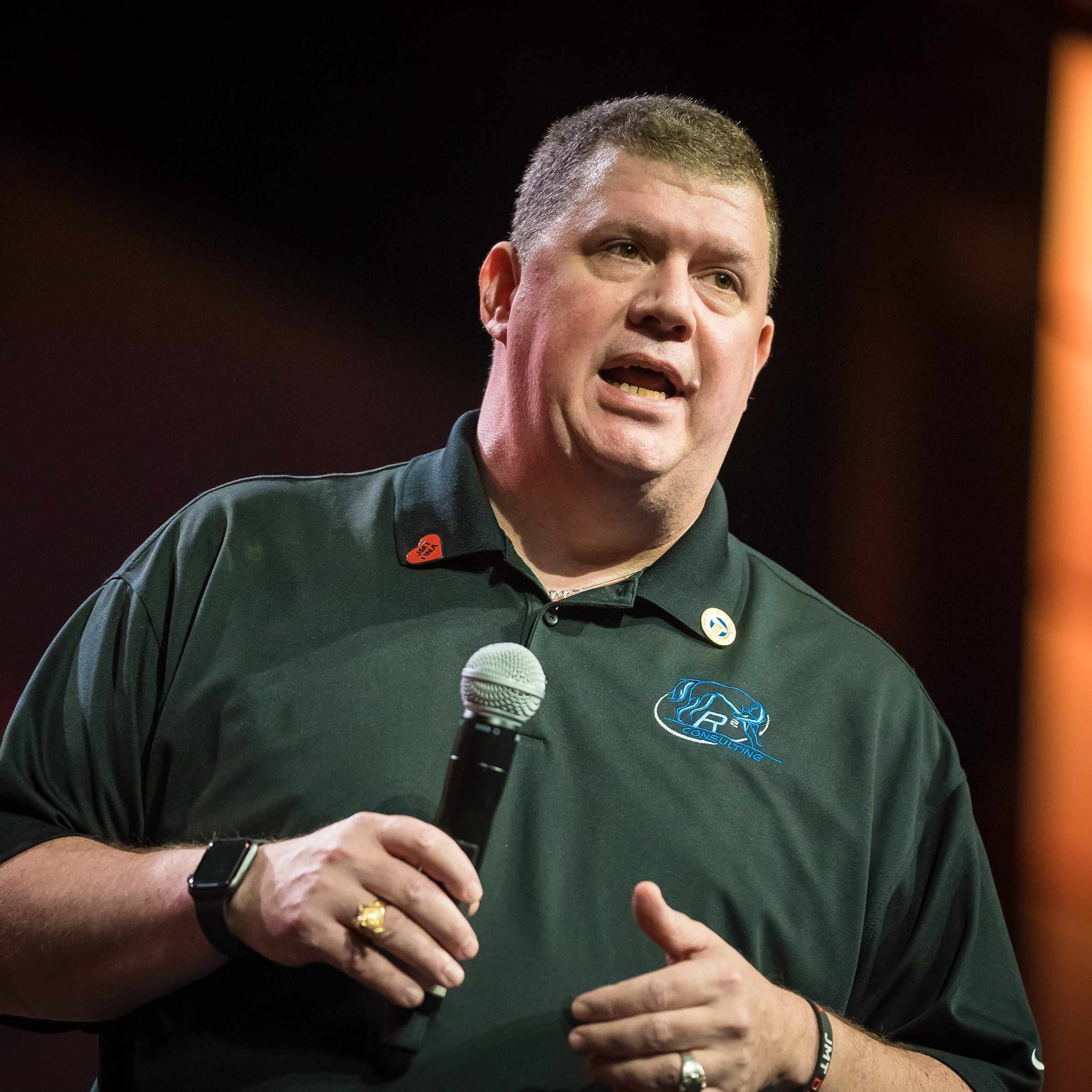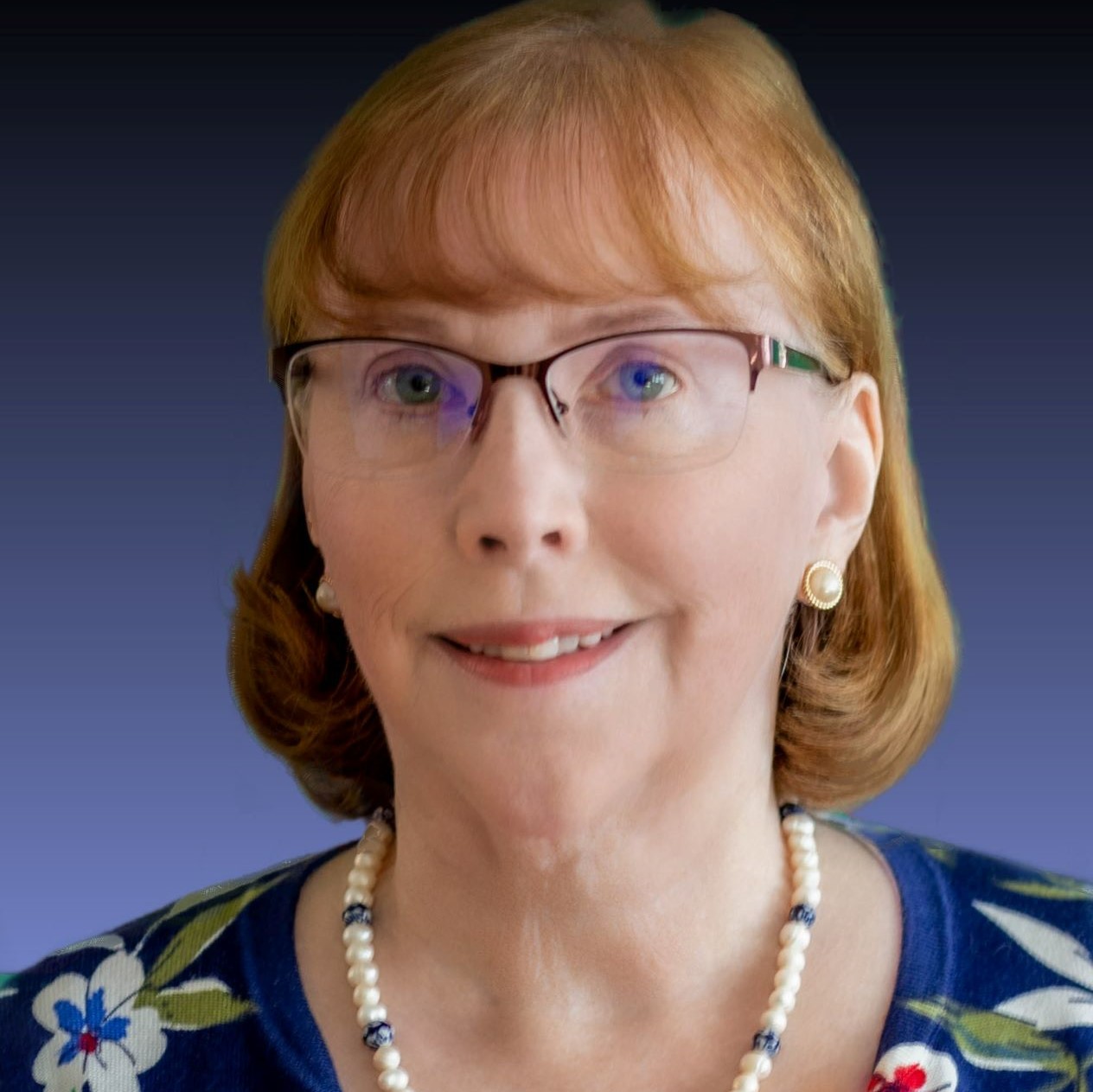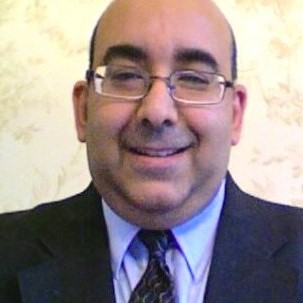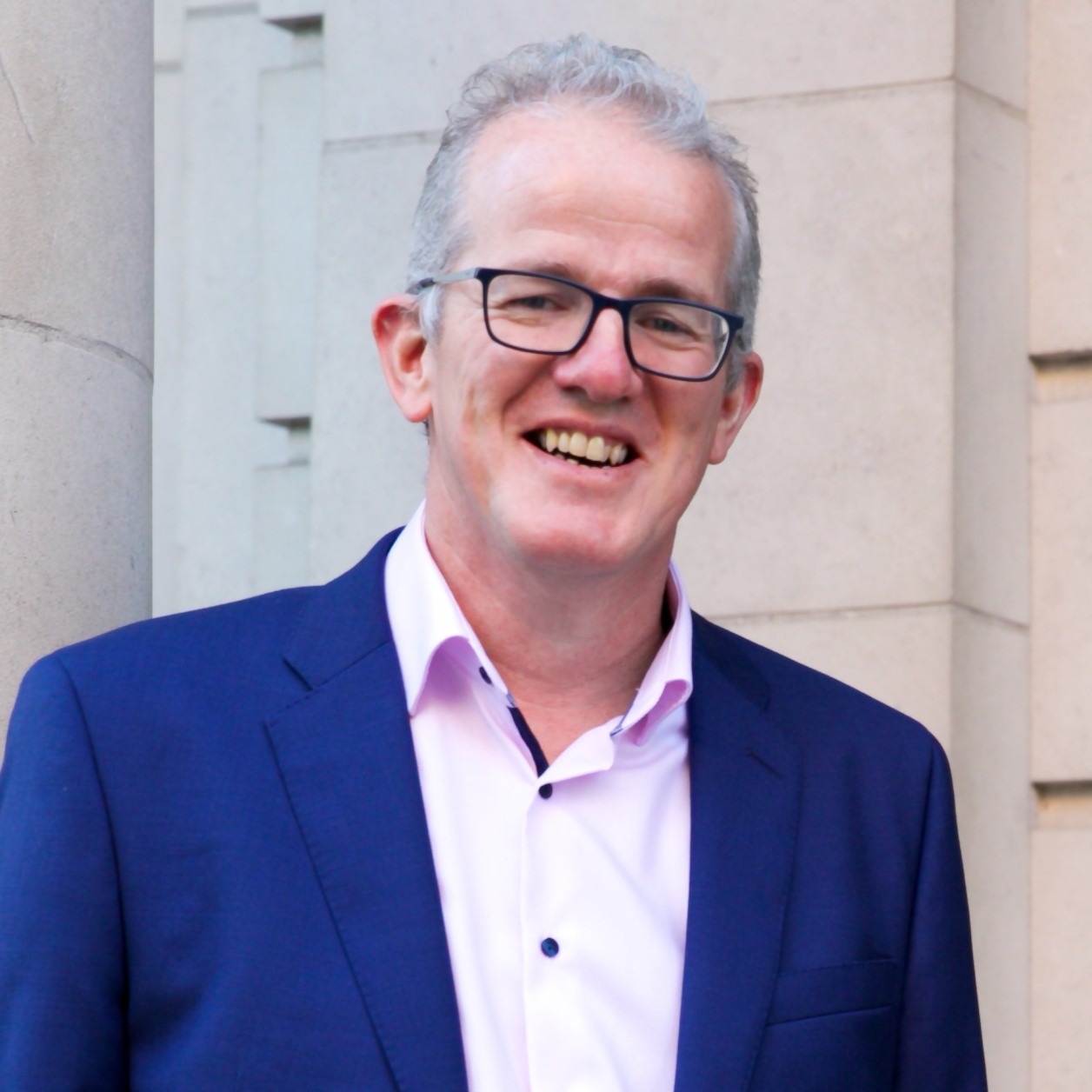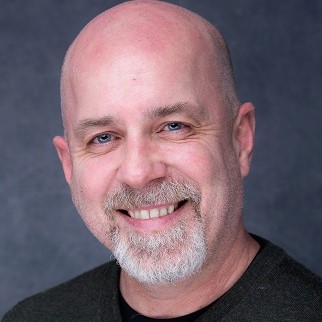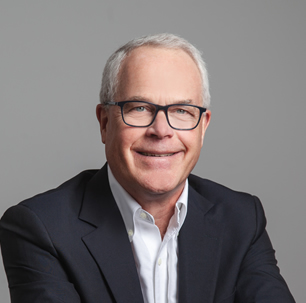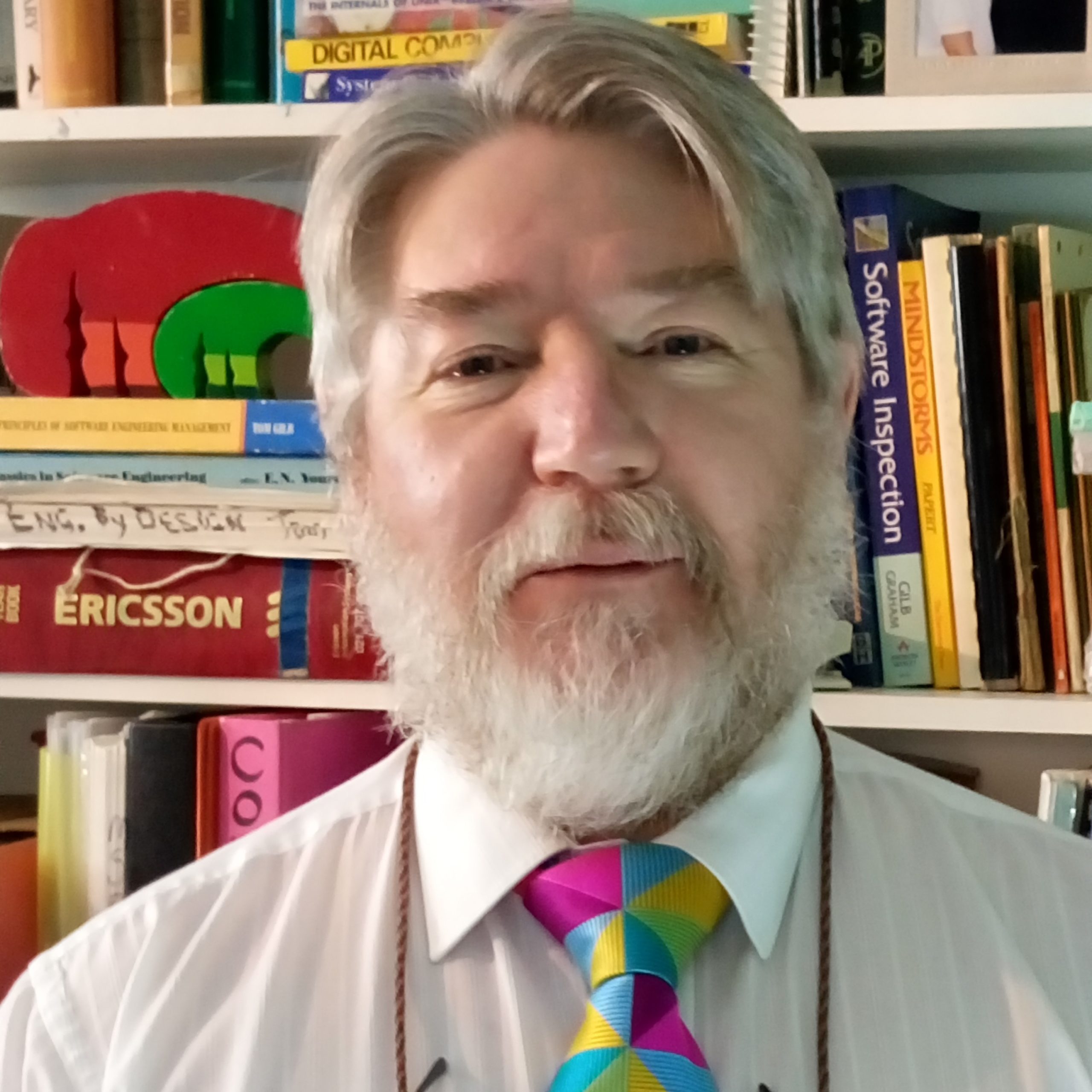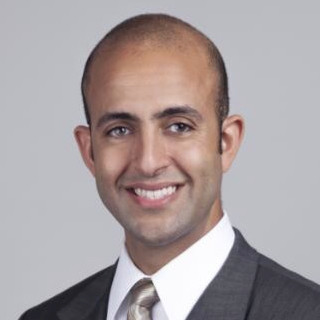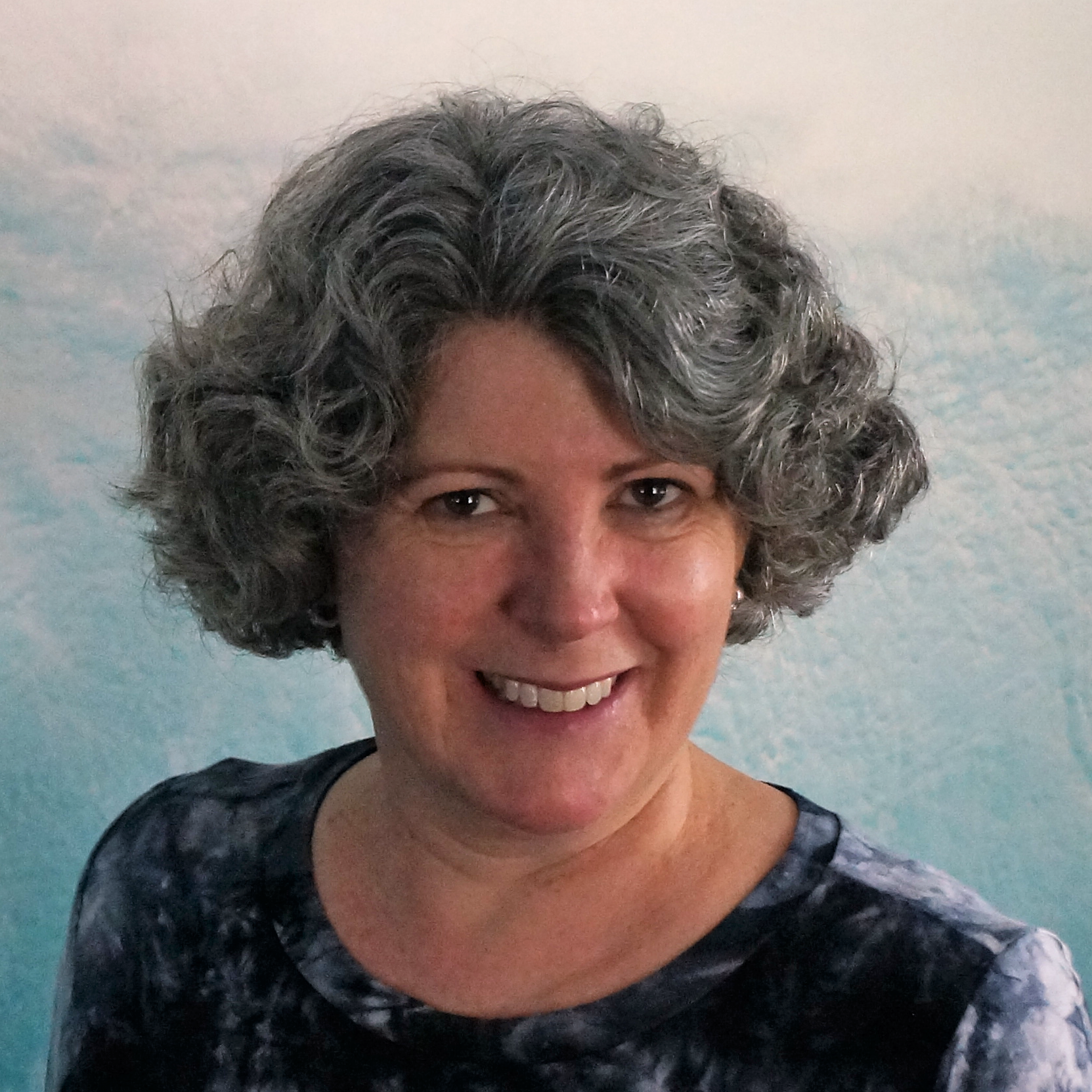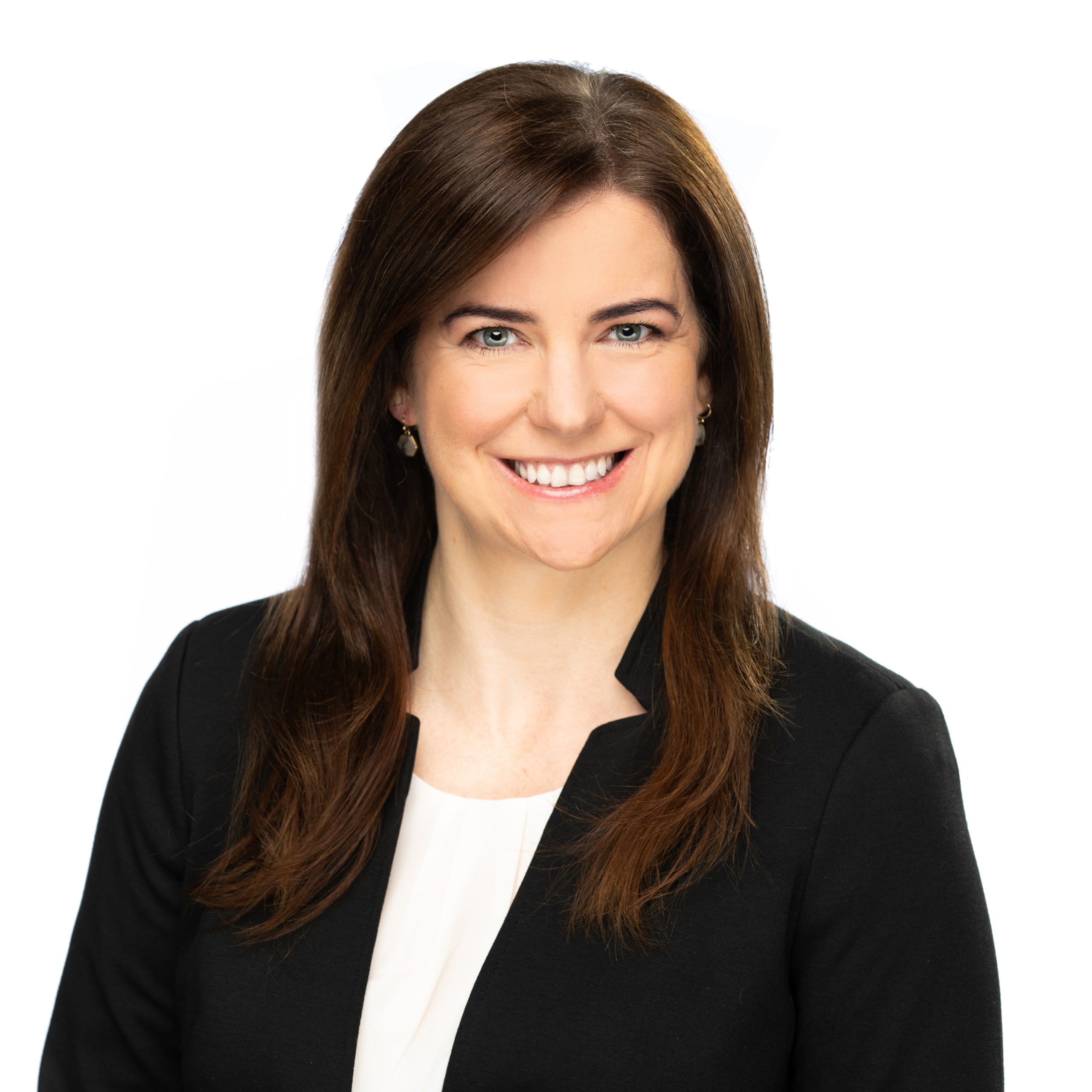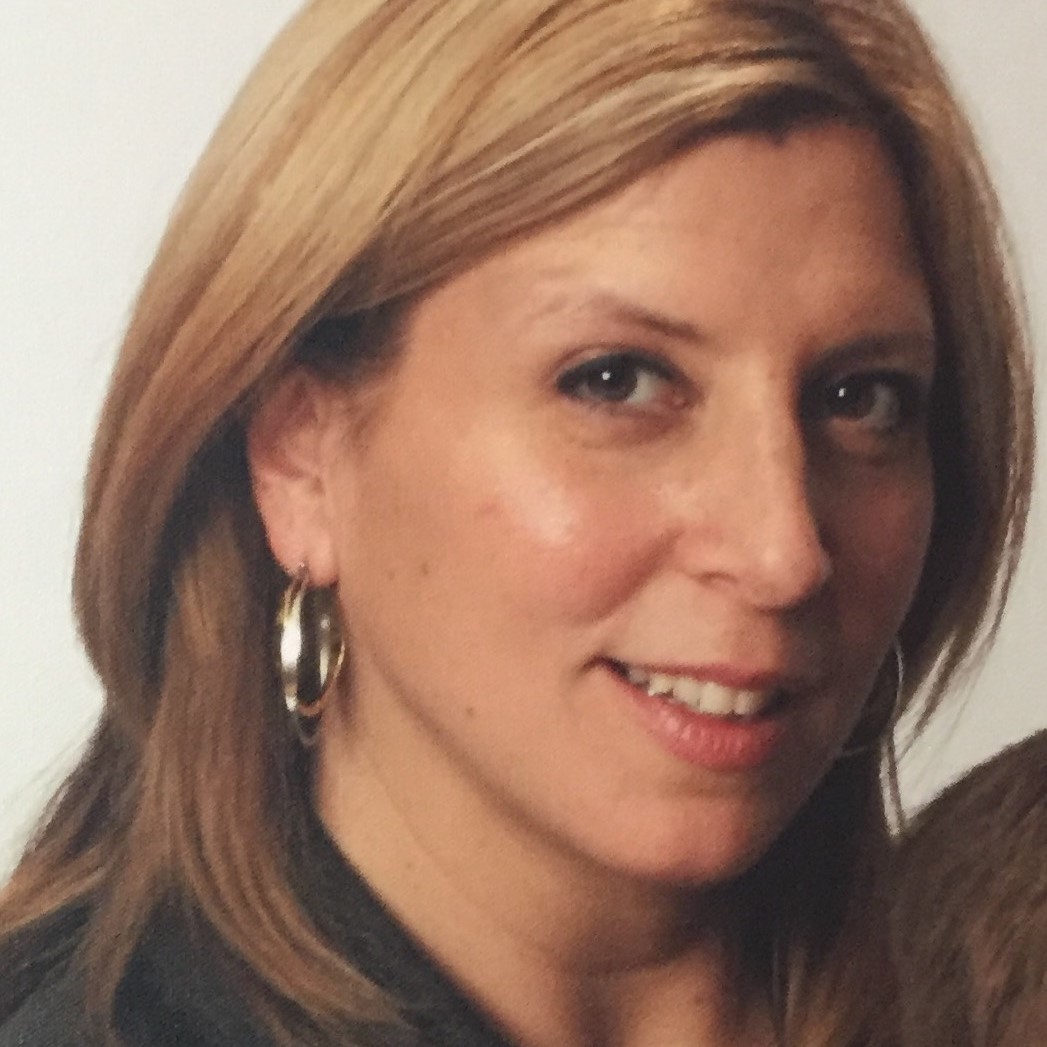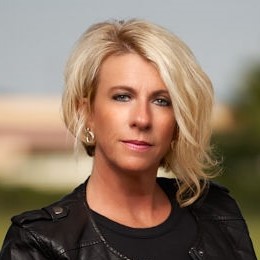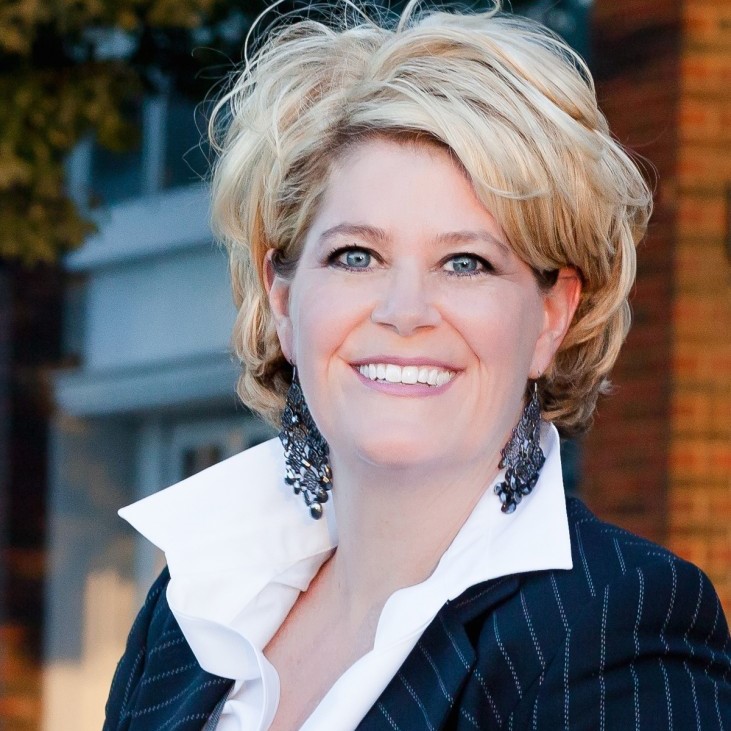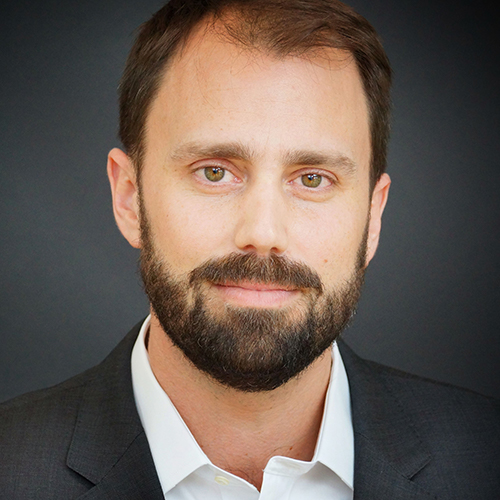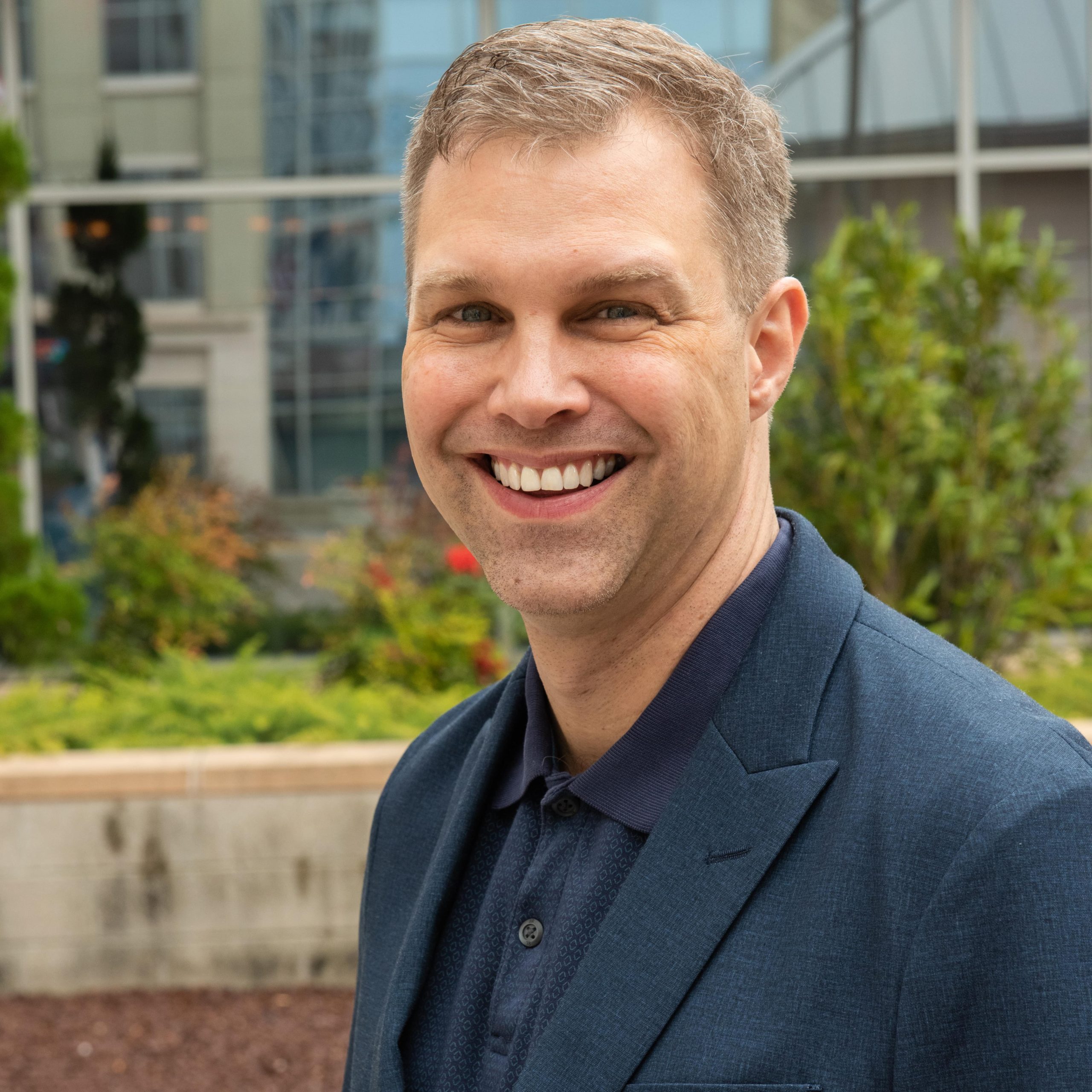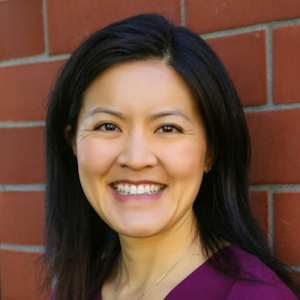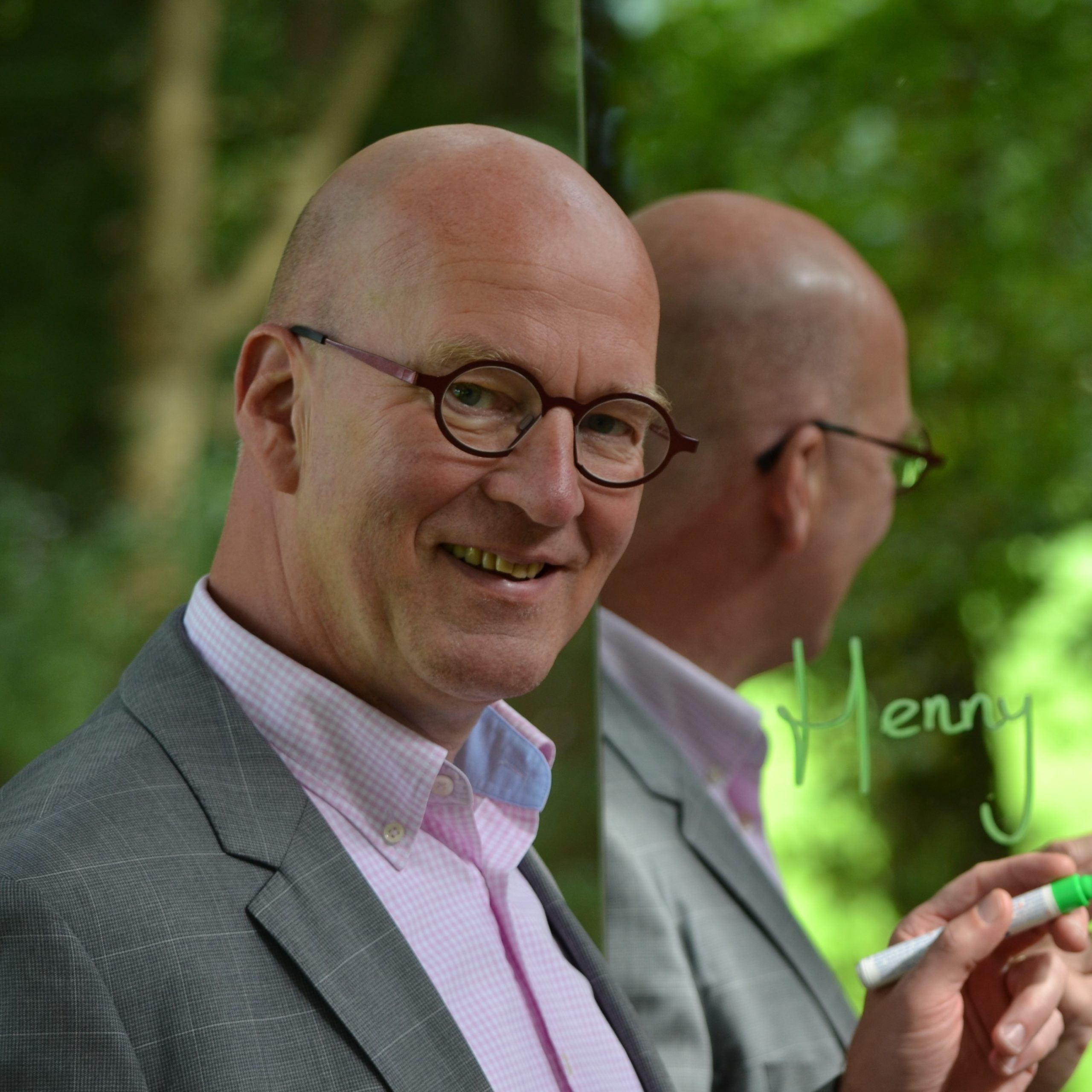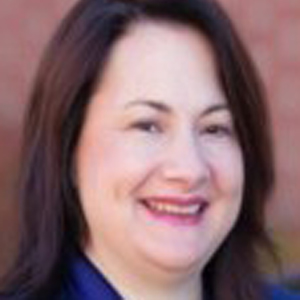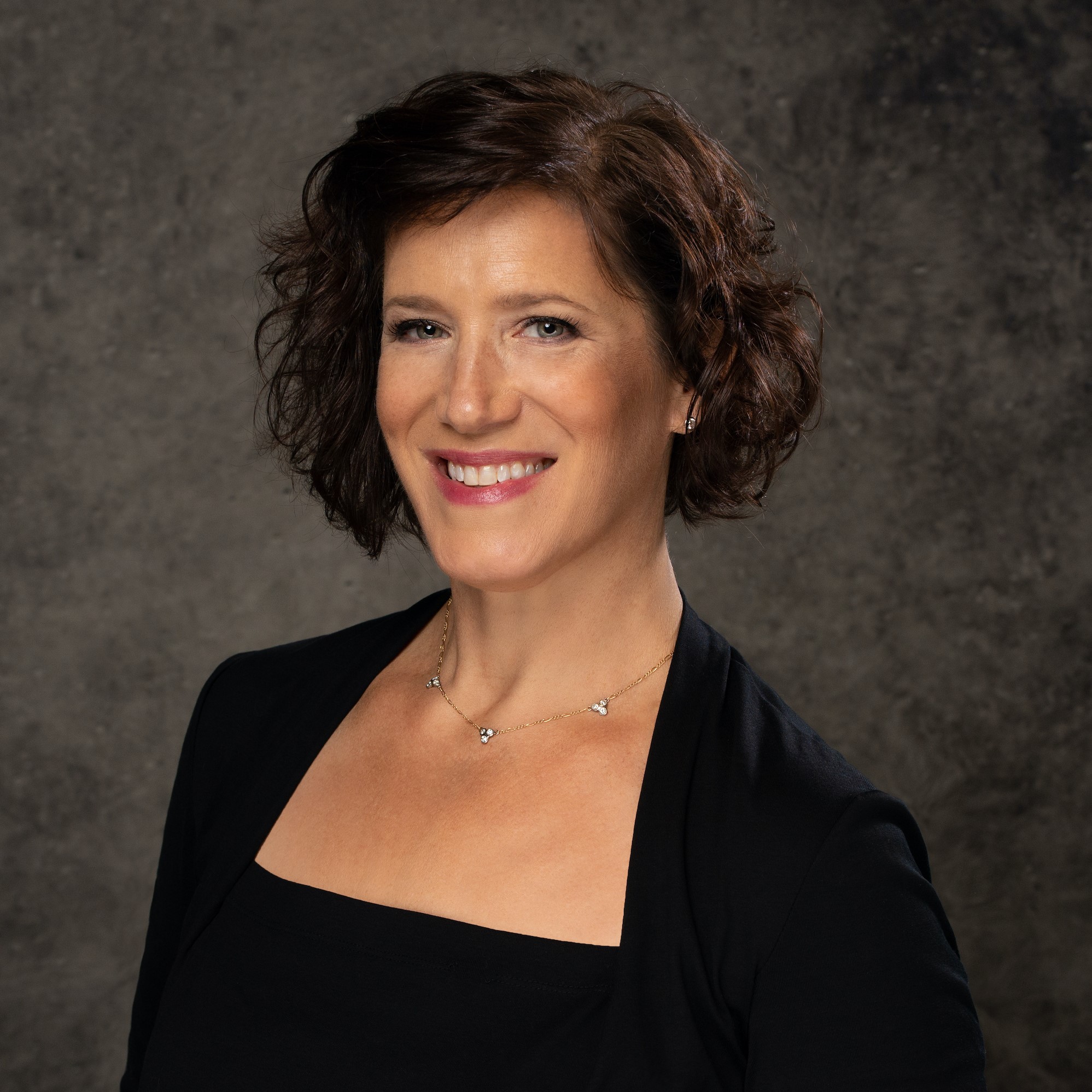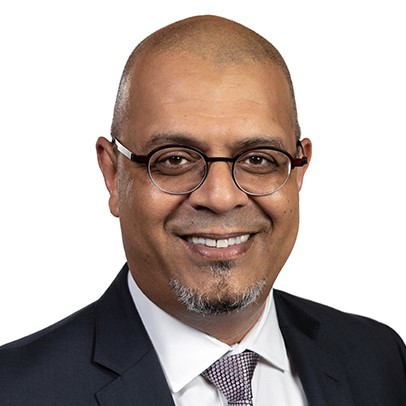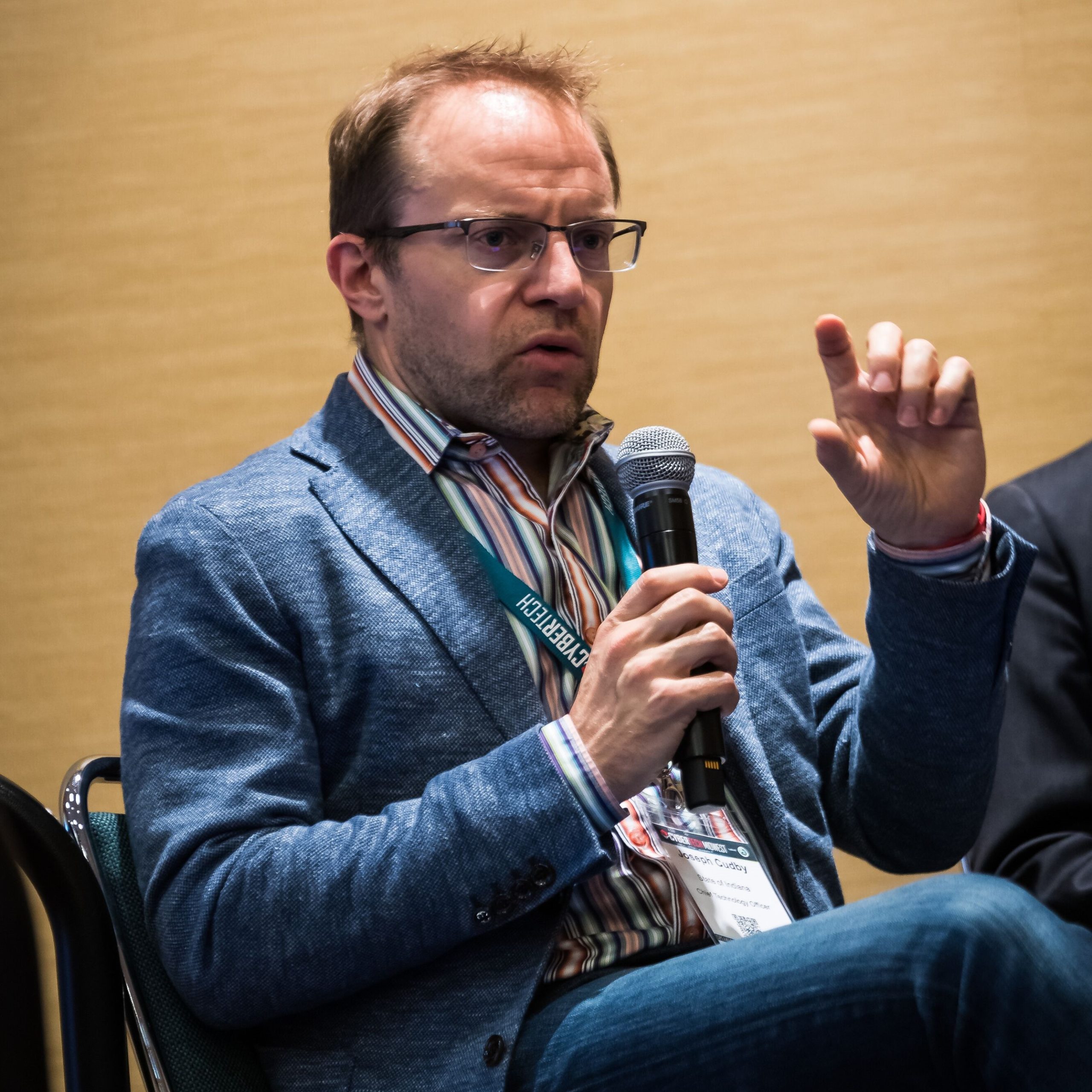
- Stakeholders
- PPM
- Future Readiness
- Organizational Change Management
- Leadership
- Strategy
- Managing in Chaos
- Case Studies
- Professional Skills
- Agile
- Women in PMO
- Executive Perspective
- Resource and Stakeholder Management
- PMO Start UP
For any PMO to gain prominence and become a true partner to the business, it must focus on the most impactful discipline: resource management. Many PMOs fail to provide lasting value and become antithetical to strategy execution. For a PMO looking to drive lasting strategic impact, resource management represents the surest path.
This is a fun session with Tim Short, Senior Vice President of Global Operations for KeyedIn. Tim talks with Laura about their long histories in PMOs and project management and the evolution They’ve seen for PMOs and project management. Back in the 90s, They saw projects managed in a much more step-by-step approach.Today, organizations must embrace organizational agility and learn to shift quickly as the needs of our customers are shifting. This creates an opportunity to embrace both big “A” Agile and little “a” agile in ways that are helping organizations thrive.And this is where the PMO comes in…
A practical guide to exactly how a PMO can help with portfolio management. Explaining what a PMO can do and why they are best placed to offer this help.
There is never enough money to take on every project that comes along and most project selections are based on politics. However, William H. Volpe III, PMP spent 9 months several years ago creating a project selection tool based on PERT that can make this more of a logical process.
Based on survey and polling shows a trend toward buy-in make-or-buy decisions and more projects is performed under contract for an external, paying customer. We like to call this type of project a customer project.Project business management is the discipline of managing a customer project in a way to bring money home and make customers happy. Is also used to manage vendors on the customer side, from simple customer-contractor relations to complex project supply network (PSNs).This presentation will discuss how PMO generates value for Project business management.
Learn more about PMI's Brightline Initiative and its approach to successful transformation
Learn about the real difference-making skills that great PMO leaders all have in common. This year, especially, has been a challenging one for PMO leaders and has created some incredible opportunities for PMO leaders to step into new roles and finally earn their seat at the table. To fully embrace this opportunity, we’re going to arm you with some new ways of thinking about the role of PMO Leader, what you might need to let go of to be successful, and what your business leaders are looking for you and your PMO to do to help them make a big IMPACT – even in times like this global pandemic…actually, especially in times of this global pandemic.
During lock down many PMOs had to quickly adjust to continue to support their organisations from afar. This webinar is going to use insights from this time to understand the challenges PMOs are facing in the real world, identify new areas in which they can innovate, and create a road map of activities to strengthen their PMO and their people.
We all know legacy organizations were not built for speed. The need to become a Future Ready organization today, so one can leap ahead and stay competitive, is critical to success, especially given all the forces of change in these turbulent times. In his new book, the #1 Best Seller “Future Ready”, Nick explores how organizations can leverage this new framework to develop an aligned vision of their future ahead, quickly build new future focused customer value, develop the leaders of tomorrow, and shift mindsets to a culture of exponential thinking. For this talk or discussion, brings practical examples to life through the work he has done with over half of the Fortune 200.
Priya Patra talks about her experience during the COVID-19 lockdown from Mumbai.;She covers the Project Management Technology Quotient (PMTQ) and how it’s applied to navigate the new COVID-19 normal.
Every project is an investment. But unless the PMO is designed to elicit investment information at project initiation, and then to track expected ROI during execution, the project’s business value will likely be forgotten and frittered away. This presentation will provide attendees with the information and documentation to set up the project’s investment metrics, including the value/cost of time, at initiation, and provide ROI-based enhancements to earned value metrics for tracking and maximizing ROI.
The role of the Project Manager is transforming from tactical into a strategic as companies now recognize the PMO function as a critical component to business success. PMOs across the world are leading IT/Business teams to develop new and enhanced products, services, and associated processes that increase the customer experience, improve margins, and enhance shareholder wealth. Understanding, assessing, and calibrating IT talent is more critical today than ever before. Project Managers today are required to be more strategic as they and IT personnel actively engage with business units to leverage information and technology to improve competitive advantage. As a result, you need to quickly assess and develop critical skills that enable you to actively engage and collaborate as part of business teams in leveraging information and technology to improve competitive advantage.Strategic CIOs have identified The Talent Gap as one of the biggest challenges-. More specifically, CIOs are concerned that the lack of business competencies and associated skills prevent IT personnel from actively engaging in a collaborative process as part of business teams.This presentation provides:o The key competencies and skills Project Managers need to exhibit to more effectively collaborate as part of business teamso An assessment process and methodology Project Managers can use to identify the gaps and improve the competencies of IT personnel for the critical IT skills.o The tools, techniques, and methodologies Project Managers can use to attract, develop and retain, top IT PM’s in their organizationo Case studies that CIOs can learn from in identifying, assessing, and improving strategic competencies and skills of IT personnel.
Organizations that identify and address pervasive mindsets at the outset are four times more likely to succeed in organizational-change efforts than are companies that overlook this stage. During this presentation, we will cover the key aspects to ensure that we as PMO’s lay the right foundation in achieving the goals of our organisations using a people-first approach.
Luis Duran talks about the PMO industry trends in the coming years and how we, as PMO leaders can influence the way PMO s are perceived.
Lead Your PMO through the COVID-19 Crisis – and Beyond!;In this session, Barbara teaches you to start with your self – cope with the stress of change and role model resilience.;Then to support your team – inspire a growth versus fixed collective mindset and accelerate agile progress towards an even more change-capable culture. Finally, to emerge as more confident and competent – and less stressed and frustrated – leaders of change, individually and collectively.
All workplaces have politics - good and bad. People bring their personal emotions, needs, ambitions, cultural aspects and everything else in between. As Project Managers we need to be able to understand and navigate politics to deliver the required project outcomes. This session is a how to guide - practical steps to help you understand politics and deliver.
Despite heroic work by project teams, our organizational change efforts have an abysmal track record. After 20 years studying change while living it (he’s been change managed plenty), leading it at companies large and small (he’s failed at it) and studying it, Al Comeaux finally puts the onus where it belongs: On leaders like him.He explains why leaders make counterproductive moves (pushing change onto people, failing to listen first), which leave project teams with the head hurting job of trying to make change happen up against even tougher odds. And he explains what we can do about it.
Project Management can be interpreted as wasteful, unnecessary, and invaluable to organizations who find the concept alien. Its role and benefits often relegated to task scheduling and coordination. However, when fully grasped and implemented by a transformative leader, project management can be a powerful tool for driving organizational growth and building a competitive advantage. What happens when an organization fails to understand the benefits of project management or lacks the will to drive its implementation? In this podcast, Uloma Jacob explains how she led an organizational cultural shift to Project Management with a skeptical organization. The highlights of the discussion include:– Selling the benefit of Project Management– Embedding the culture of Project Management– Leading change from the inside out– Holding leadership engaged and accountable throughout the process ;Participants will learn practical tools for leading change and justifying their roles within their organizations
Workplace change is among the top life-stressors and it’s holding women back. Holding fewer positions of authority with little decision-making input means women are more prone to overwhelm and burnout (Quinn Smith, 2018). Technology change also impacts women more as they hold the majority of roles being automated (Tarr, 2018). Combined with the fact that women continue to battle with working more to prove themselves (Lishman, 2019), it’s no wonder that few women make it to the top. In this session, we explore positive ways to lead ourselves, and our teams, through change and uncertainty; even when we’re dealing with our own set of personal challenges.By understanding the psychology behind change we can apply simple techniques as project managers to gain clarity amidst uncertainty, apply calm practices to make better decisions in a crisis, and approach our leadership with compassion; encouraging connection and more meaningful conversations to drive productivity. Join us for this fun and interactive session.
Building support for change doesn’t have to be that hard! But many changes/projects fail simply because leaders don’t build and sustain sufficient support from beginning to end. Project managers need to act more like baristas who seamlessly blend milk and espresso into lattes where you can’t tell where the milk end and the coffee begins.During this session, I will show you how you can easily begin to blend support into your project plans. And I will show you the major places where leaders often miss opportunities to create those seamless blends.
The 10,000 hour rule is a situational example, and is a falsehood relative to learning. We either associate or sequence neural inputs from our senses with existing neural storage. We do so subconsciously based upon all conscious and subconscious inputs during our waking hours. During sleep, and other mindful periods, our brain categorizes the inputs. Same versus not-same. If new stimulae do not fit existing patterns, we associate irregularly or create new patterns. The current hypothesis is that new patterns are energetically taxing, so the brain will attempt to ‘fit’ the new with the existing – hence confirmation bias and cognitive dissonance. We can comfortably dismiss ‘sameness’ – without wasting precious bioenergy to do so. (Forget where you placed your keys or your glasses – same place as always…). Micromastery and other designed teaching learning tools (when customized to the individual and existing experience) can accelerate the growth and change process by opening new neural pathways at lower biological cost – and creating new perceptions.
Project managers are leaders. Good leaders motivate, inspire and create an environment that encourages people to want to show up and do their best every day. Perhaps you have experienced toxic environments that drive people by fear, consistently overwork people and punish them for taking risks or speaking the truth. Our top 10 tips will help you recognize what you can do (and what not to do!) to help create a healthy project culture, which will result in people who want to follow you to your next project and drive your own success as a leader.In this keynote-style presentation, you will first gain insights from the Project Management Institute (PMI) Pulse of the Profession Study. Then, we’ll count down our top ten practical tips that can be implemented immediately.
In this session we dive into why PMOs are in the perfect position to lead change within organizations. It is now the time for PMOs to become “Chief Transformation Officers” and support the digital transformation within their enterprise . Join us to discover why now is the time to evolve your PMO, starting with a 3-step process.
Leaders in every industry struggle with driving successful strategy execution and change. These projects are complex, riddled with challenges, and consume vast amounts of energy. Despite innovative practices in leadership and management, these projects continue to perform poorly, and many fail.In this talk Steve shares his strategy execution leadership trifecta – fortifying your personal leadership, galvanizing your leadership team and enrolling employees for significant buy-in. Steve weaves in his history and case studies of leading change. The results? You’ll learn how to accelerate change to fuel the growth of your firm and to propel your personal leadership success.
This session focuses on key organizational change “moments that matter” for project professionals to drive change and improve their project outcomes.Facilitated by a change management strategist and thought leader with proven business experience, CCMP™ and Prosci ADKAR change certifications and an engaging learning style, the session will look at organizational change through the lens of a project professional. Participants will understand the value and benefit of organizational change to their project role as well as how they can action practical change strategies that will enhance their projects and grow their skills.
READY, Set, Change! provides a framework which compliments traditional organizational change initiatives with an intense focus on advanced preparation and integrated support. Discover a simpler and faster approach to help individuals and organizations adopt change, to ensure business objectives are met.
What would happen if every member of your project team came to work focused on finding solutions and creating better results?Based on groundbreaking new research in innovation and problem-solving, you’ll learn what leaders like you are doing to build more creative and solutions-oriented project teams.You’ll explore the root causes of FOSU (fear of speaking up) and techniques to turn your project team’s fears and frustration into innovation.You’ll learn techniques to navigate the elegant dance between clarity and curiosity and practical tools to help your team discover micro-innovations and share best practices.
Author John C. Maxwell has a famous quote, “A leader is great not because of his or her power, but because of his or her ability to empower others.” During this session we will explore the benefits of Empowering People and review examples of organizations who are successfully empowering their people. We will also review small steps that you can take within your organization to begin the culture transformation necessary to Empower People to Deliver Results!
We are better leaders and team members when our well-being is secure. Navigating uncertainty and adversity has created a strain. Higher resiliency can help us bounce back from adversity and use it as an opportunity to stay focused and move forward. Come learn and connect with others as Patricia Bravo hosts an interactive session to share the 6 Key Areas of Resilience and was to design and strengthen your own resilience plan.
This session provides insights into a powerful dynamic of three communication traits that come together to create the sweet spot for a leader to build high levels of trust and respect with the people and teams he or she leads. This model is a leadership communication style of the most successful coaches in both collegiate and professional sports and is a model that PMO leaders should adopt without adapting to lead and build high-performance teams with team members who will want to follow. Participants will have an opportunity to do a simple self-assessment to grade themselves against the ideal while also learning four components of the right mindset that makes this power communication approach to work its magic.
What if I told you harmony and relationship building with your project team members may warrant increased project success? It is time to abandon the typical team/vendor introductions, dreaded “fun fact” kick-off questions, and go deeper in learning your team members’ productive quality traits.Join Marquise Vilsaint to learn about Harmonious Project Management and deploy one approach today that will change the relationship dynamic of your project teams in a positive and productive way.
Our new normal includes a painful intensification of our awareness of social injustices, even as we all cope with the stress of decreased social contact. As leaders, what does the burnout research indicate we must be aware of, and how can we use this information to increase productivity and resilience in ourselves and our organizations?
In this interview, Susanne discusses the importance of emotional intelligence when leading yourself and others through uncertain times. In fact, it is when times are the most volatile, uncertain, complex and ambiguous that leaders are needed the most. This is when the best leaders step forward and add value. In the interview, Susanne shares practical tips and actions you can take to become a more impactful and emotionally intelligent leader.
One of the greatest misconceptions in project management is that the project manager “owns” the project. However, what does the project manager own? The resources? The budget? The scope? The reality is that the project manager does not own these decisions, rather the project manager influences the decisions. John Maxwell says, “Leadership is influence, nothing more, nothing less.” Rick Morris will explore how to influence key areas of a project ethically and responsibly. How do you influence dates? How do you get the resources you deserve? How do you handle the typical conflict that dooms projects before they even start? How do you deal with methodology changes? How can you influence waterfall requests in an Agile world? Rick will review time tested techniques and reveal the art of ethical influence in a keynote presentation that you do not want to miss!
Imagine bringing two opposite cultures, traditions and worlds together. Imagine a white, middle aged lawyer and PMP becoming an elder in an ancient African tribe. Imagine a conservative Maasai warrior bonding with a Canadian “brother” and starting a business together. Imagine pushing past the impossible with the power of respect, honor, curiosity and compassion.Paul will show you how to use what he discovered to inspire your own lives and projects. You’ll leave with new insights and tools to enrich, and empower you as PM/BA leaders.
Pretty much everything in our PMO-PPPM World evolves around our human need to control; practices, methods, tools and techniques encourage practitioners to exert control over processes and people.This interview revolves around some basic principles based on our intrinsic human nature, the original nature, which allows us to be at a state of flow, present and hence serving others better, which also allows us to be agile for example, understanding that planning is the best practice to get lucky, understanding that no plan has ever been executed to “perfection” as no one is able to see the future, at least not yet.
Emotional Intelligence is an area of reflection and skill development that is vital for PMs, Leaders and for PMOs. Our ability to influence and to shape the practice of project management in our organizations is conditioned not just by techniques, practice guidelines and compliance management, but by the interactions we have with people we deal with. An emotionally intelligent PMO is much more effective than one which only focuses on its formal technical mandate.In this session, Dev Ramcharan, an EI in PM specialist, will walk you through an introduction to EI for PMOs.
How can organizations embrace change both effectively and productively?The answer is to unleash the capabilities of your staff members.Donna will highlight how using the conventional tools of adaptive resource management, program management and portfolio management can literally transform any business.What’s the secret? Moving away from heavy process and embracing bi-directional communication, delegated decision making, laser focus, and a commitment to results.
Recently, Gartner claimed that 80% of today’s Project Management tasks will be eliminated by 2030 as Artificial Intelligence takes over. Will 80% of today’s PMO tasks will most likely also disappear too? On the other hand, the Project Economy claims that the future of work is about projects. How will this impact the future of PMOs? This session, founded upon some of the latest research and practical examples, will explore how PMOs can adapt to the new reality and move towards a more strategic role to survive.
In this session, you will learn how PMOs play a vital role in tying strategy to business value realization. As we transition to the “new normal” of a pandemic, companies are shifting focus from cost optimization to value optimization. Digitization is core for survival and continuous change is a norm. With these conditions, PMOs need to understand the business strategy and supporting roadmap of key projects, products or services that are critical to delivering business outcomes. Delivering strategic roadmap at scale, with shortened time to market while enabling organizational change adaptability, is key to realizing the project benefits
Hear the lessons learned of a PMO transitioning to an SRO. Join Jennie to hear about what went well and what opportunities were faced during the past year. This will be a great session for any PMO to get tips on how to mature your PMO! Jennie can also touch on the pandemic leadership of the overall portfolio.
Good PMs deliver to time and budget, GREAT PMs understand that when provided a project they are to maximise the business position. Squeezing every last drip of commercial and economic position out of the plan. To often they are too focused on process and not the practise of being a great PM.
We are no longer in the Information Age. We are now in the Attention Scarcity Age—where rapid change and information overload is the norm.Having a successful IT strategy, and being able to successfully execute the right projects have never been more critical to organizational success, yet harder to achieve.In this presentation, you will learn my Strategic Simplicity® Framework, and how its principles lead to IT Strategy and PMO success that are aligned to the needs and values of the organization.
Based on experience assessing a client’s organizational delivery maturity, this presentation will take attendees through an assessment of key capabilities that are required in every organization to accelerate business results.The Business Results Accelerator Maturity Model is based on 12 capabilities across Strategy, Leadership and Execution.Using tangible questions and examples, Annmarie will guide attendees through an assessment of their organizational maturity to identify gaps and opportunities to accelerate their results.Based on experience, Annmarie will share the challenges faced by organizations today in a world where competing priorities and an overwhelming amount of work is the norm. By assessing the maturity of the organization across these core capabilities, an organization can focus on developing key capabilities to eliminate churn, optimize their team’s efforts, improve team collaboration and engagement and ultimately, accelerate their results.Annmarie will share case study examples of organizations that have completed this assessment and implemented an Acceleration Plan to enable their teams to develop project management, leadership and strategic planning capabilities.
There are two keys to effective portfolio planning. First, make sure you have the right portfolio selected. Second – and it’s only after you’ve selected the right portfolio – make sure you manage those projects right. If you don’t have that first ingredient in place, you’re fighting an uphill battle. This session explains how the process works.
In this session, Lee Lambert discusses the critical relationship between organization strategy and project execution, why being a good project manager will not be enough, and how to align your projects to the organization’s strategy.
As businesses struggle to recover from the impact of COVID-19 the need to build a resilient, adaptable organization has never been more critical. From strategic focus to effective delivery, organizations must be built around the ability to pivot instantly and with minimal disruption - and that only happens when the business is built that way.
We as leaders are under constant pressure to apply our expert knowledge on how to improve organizational performance. The often-urgent need to deliver target business or mission results, coupled with the assumption that most people will generally resist change and must be “won over” in order to gain their buy-in, drives much of the common “best practices” for organizational change management.This presentation will challenge such commonly held assumptions, and offer five key “missing ingredients” that can be applied once we embrace a different mindset. The presenters will offer real-world examples and stories of “humble learning” from their own failed attempts, while also sharing some breakthrough successes.
Strategic planning is now a part of the PMI’s Talent Triangle - now identified as a critical component to our current and future roles. However, reading and hearing is one thing but how many of us are in a position to practice strategic planning and execution? ALL OF US. This session will show us how strategic planning is a key to our success at work but, as well, to our careers and our lives. We will learn how to create a solid plan for any of the three legs and we will leave with the start to our own Professional Strategic Plans.
Are you wondering how to keep your mind, body and PMO healthy during this time of constant change? This session will leave you with activities that you can use right away to do just that. Plan to have some fun while discussing this important topic.
Amidst the pandemic, there are worldwide movements happening that demand NOW is the time for change – from Black Lives Matter to flexible and remote working revolution. During this time we have seen our personal values and societal values (and where they are lacking) be heightened more than ever – and many have realised the disparities with greater inequalities such as those impacting gender and race evident. We have also seen opportunities in the pandemic for doing things a different way such as remote working revolution and benefits to our environment.We have seen the world and our world can change almost instantaneously when it has to – so NOW we can choose to bravely build back better. Reverting back to business as usual in the way we have always done it is to fail our projects and organisations. Instead, we get fierce and bravely build back better – NOW is the time for action that puts our people, humanity, and sustainability at the heart of projects and organisations.
Living through an immersive change experience such as a global pandemic provides us with may reminders and lessons about leading change, and the only thing we know for certain is that the future is going to give us plenty of opportunities to use those learnings. Focusing on how we all experience change, this session consolidates what we know and what this means leaders need to do to move their teams from the panic state that comes as changes are announced back to being productive in an environment which is full of unknowns and where changes are being continually introduced.It’s packed full of practical ideas and insights from projects that you can take action on right away and which will help PMO professionals not only lead their teams but support the project and programme leaders around them.
COVID changed everything. Every organisation’s strategy as was is un-matched to now, unmatched to tomorrow This is the BIGGEST opportunity for the organisation and the PMO in a life-time! Why? How do we respond?, What are the steps, techniques, targets?Join me to find out. We’ll do the full breadth – but because of the time not much depth. & anyway – Depth would be irrelevant or wrong as you’ll have to apply what we discuss to the personality and circumstances of your organisation That is why he focus is where to start, what to discuss and how to progress.
Project managers and their teams agree that communication and connecting stakeholders to the goals of a project are core to the role of project managers. Connection is a fundamental part of both aspects of our role. Connection is built on social intelligence – the way that we build and maintain relationships with others and elicit co-operation.And it is hard to engage social intelligence when we are stressed and anxious. Creating space for ourselves, knowing ourselves and taking deliberate steps to build up our toolbox of practices to help others is critical in these times of unpredictability. This session explores social intelligence in project managers and provides tools for building social intelligence from the moment the session starts. Research shows spotting and leveraging character strengths is a fast, effective way to enhance appreciation of our colleagues’ motivation and purpose. And that appreciation builds social intelligence. The good news is that character strengths spotting is easy and fun and can be learned in as little time as it takes to attend a workshop. In this interactive transformative workshop, you will learn how to recognize, acknowledge and cultivate character strengths. You will be able to apply character strengths to your communication and develop specific actions that elevate your role as a connector and enhance the experience for your teams. The importance of Social Intelligence for Project Managers• The challenges and opportunities of Social intelligence. Using Character strengths to develop Social Intelligenceo Character strengths in you o Seeing strengths in otherso Leadership and Communication leveraging strengths;Take the free VIA Character Strengths Survey here to get your personalized strengths ranking here: http://LBSummit2020.pro.viasurvey.org
There are many elements to success in leadership. This is no different for PMO leaders. They must look inwards, outwards and explore other areas to find resources to help them on their journey. Join this interview to view PMO leadership both philosophically and practically so that you can discover a better version of you by conquering your inner fears and outer challenges.
There’s no question that leadership today means facing a unique set of challenges. Leaders must find a way to empower, motivate dispersed employees, and facilitate cross-functional collaboration while operating in an environment like never before. With remote work as the new norm for so many, effective leadership is critical. Many teams are scrambling to find solutions to improve productivity, collaboration, and speed, from anywhere. In this session, Amir Younes, VP of Client Success at Wrike, will share which skills and principles are essential for leading during a time of crisis and actionable tips on how to use technology to automate processes and easily manage your work so you can focus your time on empowering remote employees.
Your PMO is adding value by leading projects and delivering results. Your PMO is also adding value by leading project managers and building their skills. While our organizations are going through this period of uncertainty and change, it is even more important that you lead and support your project managers well. Their work environment has changed, whether they are working from home or returning to the office. Project priorities and desired outcomes will continue to shift, and project teams may be re-forming. Stakeholders, sponsors, and team members are facing their own challenges and may be less responsive to your timelines. Your project managers -who are skilled at managing risk and uncertainty- will need to use their skills to build flexible project plans, motivate their teams, communicate with increasingly remote teams, and lead without authority. They will need to be comfortable with uncertainty.You need to lead your project managers with increased clarity, enhanced communication, and empathy. You need to take advantage of opportunities you can find to improve their skills. You need to balance the drive for results with an understanding of the challenges they’re facing and remember that we’re still dealing with a crisis.In this session, we will look at how you can provide the leadership your project managers need right now. You will leave with techniques to support your project managers as they strive to drive change, deliver results, and add value to the organization.
Focus on how having an adaptable PMO that enables business agility can be a critical success factor during times of change and crisis, e.g. COVID and business continuity.
How to build a PMO in an organization that is not used to utilizing PMs in their projects.
With the new concept of project economy, the main actors that are PMOs and project managers are the craftsmen who will bring the positive impact of project management to the various markets. Each project manager has to think about how to readjust strategies in order to stay competitive and aligned with the customer’s need.
Hear Beth May’s personal journey combined with the journey of the Project Management for Change organization. Her personal journey was about leaving her job after 28 years, so that she could have more impact (professionally and socially). Initially, she didn’t do much project management for her “day job” so she joined PM4Change so that she could do project management as her “hobby” and so that she could have the opportunity to have the social impact that she yearned for.
Andrea Cirelli talks about how she is able to evolve as a PMO leader, the evolution of her work and her teams, and how she's preparing to evolve yet again.
During the last PMO Impact Summit, Mike Hannan and I showed how you can reach much more output with less effort. But this requires a mind- and organizational change.Most managers assume that this is a huge effort and takes a lot of time.;The Coronavirus crisis forced us to rethink nearly every assumption – one of them was “as a consultant you have to be face to face with your customer to do such a change!” And suddenly everything has to be done “online”. And it worked – even better.In this presentation, I show how this worked – what changed and what kind of tools and workshops we used. p.s.: it is linked with the presentation of Mike this year – we share the same underlying belief that “people are good!” so you can see my presentation as one possible practical example of what Mike presents in a more general way.
Does your organization have a career path for project managers? It is a PM leader’s imperative if you want to attract and retain talent. This presentation covers a simple, yet successful approach to establishing a defined professional growth path that highlights an individual’s evolving experiences, the challenges of added responsibilities and the transition from practitioner to thought leader.
Networking has unlimited potential, but only for those willing to take risks and work outside comfort zones to explore new possibilities. Learn more about attracting audiences to your LinkedIn profile with proven strategies for leadership success. Explore the Top 10 LinkedIn profile “must-haves”, create meaningful connections, and ways to build and sustain mutually beneficial relationships.Interested in knowing more about innovative ways to leverage LinkedIn to extend your brand awareness? Don’t miss this interview with networking SHERPA, Kari Mirabal.
Over the past few years, I’ve heard so many different opinions, been through countless constructive debates and read so many different articles about what people think of professional development and certifications.We live in a rapidly evolving world where new information, methodologies, frameworks, ideas are spreading like fire in a wild bush so professional development is becoming more of a necessity than an option so we have to be agile (Inspect and Adapt). It will help individuals grow on professional and personal levels; and will help them give back to the profession, organizations and help others grow as well.The PM World Journal recently published an article of mine about the same topic: https://pmworldjournal.com/article/the-added-value-of-professional-development
How do you ensure your project team members who work virtually are moving the project forward. I will share effective human resources, schedule management, process improvement, and technology tools to manage your project workflow and outcomes with a Resource Management perspective.
With today’s state of affairs with the increasing trend of remote work, project managers who enjoyed the benefits of being in the office are now in a situation to maintain their authority and keep connected in this new normal of virtual project management.;While virtual project management is not new, the expectations and the norms of today require tapping into key skills and building great habits to ensure that the virtual project managers of the future are seen and heard, and working diligently to make a clear connection with all stakeholders. From this session participants will 1.List the 5 great habits to lead in a virtual world2. Identify a key tip for each habit to implement3. Develop an action plan to implement a habit and tip into future projects
Are you a successful professional women who works way more than she plays, worries more than she risks, and regrets more than she celebrates? Maybe it is time to jump off the Bigger-Better-More bandwagon and breathe into an intimate, intense, slow, steady, method for overcoming overwhelm. Join Tami to learn about The Seven Circle Method, and implement some techniques today, that will set you on a course toward reaching your most outstanding existence.
This is a riveting episode with Scott Payne, President of PM Master Prep, Scott and Laura will keep you entertained as they dive deep into how the best organizations design their training programs for maximum impact. Scott will explain how the best organizations abandon the traditional off-the-shelf training approach and follow a more agile, engaged approach. What you learn here will help you create a more focused, impactful, and sustainable project management team. This is a can’t miss episode!
How do you earn your seat at the table in your organization? Whether you are running PMOs, programs, or projects, it is critical that you tie the work you do to the IMPACT you and your team are having in the organization. In this session, Lauren Pawell, a business and marketing guru, shares the ways you can get and keep your seat at the table by learning how to speak your business leaders’ language, prioritizing how you spend your time, solving business problems, marketing yourself and your team along the way, and reinforcing (reminding them of) your value in a non-salesy way.
The PMO leader/project manager sets the tone for meetings and each should be treated as a production. As an example, take three back to back 30 minute project meetings with mutually exclusive topics. team members in a program. Each needed to be treated as a separate production and as the director, there was a need to ensure preparation for each individually. Mental capacities were stretched after completion, but in the end, success was achieved by keeping the topics uniquely identified from the other!
This interview will work through key questions around how PMOs fit into agile organizations, the value that PMOs offer to agile, the challenges that PMOs face, and how PMOs must evolve for the new normal.
Agile transformations are supposed to make organizations modern, competitive, and relevant. But in the well-intentioned effort to move into the future, change leaders find themselves frustrated by push back, limited impact, poor practices, and unfair criticism. What is going on?This breakthrough presentation cuts through the “quick fix” hype of agile theory and explains a recurring transformational pattern that unpacks what holds organizations back: The BOOST is the initial gains from logical first steps; the BARRIER is the unavoidable roadblock that must come next; the ReBOUND is the way forward to further gains by leaning against the concept of the original boost. With these counter-intuitive rebounds in mind, this energetic talk explores three leadership moves that can be used to unblock stalled agile transformations. No, your transformation is not a failure. It turns out the buy- in, the talent, the alignment, and the growth you need to break through are already in front of you; it’s all simply hidden under the surface. Undiscovered. Un-utilized. Untapped.
Are you frustrated that your organization isn't listening to all the benefits that an Agile approach could offer? Or, on the other end of the scale, are you frustrated at Agilists who refuse to do any kind of planning of paperwork and put your organization (and their jobs) at risk? No matter where you fall on that spectrum, help is on the way. Actually, it is already here. The problem is that most Agile at Scale solutions still don't really scale, and the only one that does (the Scaled Agile Framework) appears to be impossibly complex. That's because it has been promoted by people who don't really get it and are just trying to sell some training and consulting.In this session, based on lessons learned with some very culture-bound organizations, Dr. Brown will show you how a "traditional" organization can safely adopt Agile, and how Agile can prosper in an organization that is reluctant to embrace change.
There are a lot of terms floating around these days that all seem to mean something similar. Angela Bunner, VP Customer Experience at Clarizen, helps clarify these terms and put them in context for the PMO.
Leadership is a team sport and every great team has a great coach behind them. Leading is more than delegating tasks and performance management. This session will walk you through some basic coaching skills every leader should have.
Many of us are using agile ways of working. But I still observe several agile myths. In this webinar I will give a list of agile myths and I will bust a few. Is the first product increment an MVP? I will explain the difference between an MVP and a MMP to bust this myth. Scrum is agile, but is agile scrum? I will elaborate on my Bird’s eye view in the agile forest with already more than 70 agile ways of working. Are incremental and iterative synonyms? I will draw a matrix for iterative and incremental and show what delivery methods will fit in each quadrant to bust this myth. Will an agile approach deliver the same results as a waterfall approach? By comparing an agile way of working and a waterfall approach I look at the final product and dive into the number of delivered features to bust this myth too.
In our VUCA world, there is increasing pressure for leaders and organizations to respond with business agility and resilience. Whether you are a PMO director, a portfolio, program, or project manager there are ways that you can be a leader in this transformation. Our combined experience and recent journeys have made us a part of co-creating what an Agile transformation looks like. For twenty years there have been gaps in the common Agile frameworks and approaches that have caused them to fail from day one. These organizations end up “doing” Agile and going through the motions, not “being” Agile and getting the results. Sevawise is committed to utilizing our experience in successfully empowering PMO leaders and members to become a critical part of a successful Agile transformation. We describe what successful leadership looks like and how to reposition your PMO for success. We discuss why some PMOs, portfolio, program, and project managers do not make a successful transition with Agile transformations or into Agile roles and what makes the difference.Utilizing the combined experience of Sevawise consultants, I provide a case study which is a composite of experiences we have had in multiple organizations.
For the PMO Leader that has developed a set of skills and best practices through years of experience in a traditional PMO environment, the thought of re-learning and challenging that knowledge from the Agile perspective can be daunting.This presentation will look at the Agile Transformation and how we combine our tried and true PMO skills to bring the most benefit to the organization. The presentation will be focused on the executive level expectations of becoming an “Agile Organization”.
Leaders inspire confidence and hope. In this unprecedented time, we are looking for those leaders more than ever. You don’t have to have a title or even the authority from someone else to step up and lead, right now, from wherever you are. All you need is the skillset.During this interview, Laura and I will talk about the 7 Keys to Leadership Presence for Women and breakdown the steps you can take to master them and apply them in the work you are doing right now.
The construction workforce is evolving in many positive ways, especially as it actively embraces diversity and technology. Nevertheless, it remains one of the most male-dominated industries in the world. Out of the over 10 million construction workers in the US, just over one million are female. Even more unbalanced is when you look at the percentage of females in the construction trades; 3.4%. In the trades, there is approximately one woman to every 20 men.So, why the lack of women in construction?
Top 3 ways women are built to lead in the project management industry and foster global growth.
Finding the right balance between using standards and best practices and making company specific adaptations is the key to facilitating the implementation of a PMO and the services it provides. The key word is tailoring: Tailoring the PMO services to your company, the industry in which it operates, and the culture and values of the people working there. By taking a proactive approach, deliberately/consciously tailoring important aspects of the PMO services and the processes associated with the PMO work, you significantly speed up and improve the implementation of important methods thereby increasing the likelihood of creating a real impact on the business.
This presentation provides three foundational building blocks for Business Driven PMO Setup and Management that PMO professionals need to master in order to understand and work with their leadership teams.They are:(1) the purpose of the PMO(2) the purpose of project management(3) where PMOs can fit within the organizationThough these building blocks may seem self-evident or even simplistic, research which will be shared shows that in practice most project management and PMO professionals fail to understand and apply these foundational basics resulting in a PMO mindset that is limited in value and narrow in application.This presentation will also correct the misguided and outdated notion of projects as change the business and operations as run the business with an organizational-wide (CHANGE the business, RUN the business, REACT to the business) view of where projects and PMOs exist throughout the enterprise.And lastly, this presentation will wrap up with a call to action for PMO practitioners in the form of key knowledge to acquire, skills to masters, and PMO career opportunities to seize.
Customers are the foundation of every business. In today’s economic reality, it’s more important than ever to keep the customers you’ve worked so hard to earn.In this presentation, Ali Cudby will give you the three keys to unlock customer retention. No matter what you sell, you’ll walk away with action steps you can apply to your business immediately.
The new PMO Generation is all about adding value and the key challenge for PMOs is how to define, measure, and present the value they add.Amireh will discuss the definition of PMO ROI and how PMOs should define, measure, and present it to the business.
Past President; CEO of the Project Management Institute (PMI), to share his unique perspective in a discussion on the future of the PMO – and how PMO and project leaders can ensure their ongoing relevance in a VUCA world marked by continuous transformation.
Is your PMO a crutch to compensate for poor accountability management in your organization? Have you heard “oh make it a project, that way it’ll get done” ? Do you function mainly as a cat herder rather than add business value ? These are some of the issues we’ll tackle from the exec leadership perspective.
Americo Pinto will present an innovative and practical model that will allow you to ensure that the mix of functions of your PMO is aligned with the expectations of your stakeholders, an essential factor for the value of the PMO to be truly recognized by the organization and stakeholders.
Laura Barnard, Founder of PMO Strategies, the PMO IMPACT Summit, and the PMO Strategies Podcast, will walk you through her signature step-by-step system for getting your PMO set up right from the start. She’s sharing the exact same system she used inside organizations as a PMO leader and what her students and clients have been successfully using for 7 years to build and run PMOs that are invaluable strategic business partners to their organizations.What’s been incredibly telling is what the COVID-19 pandemic has done to organizations and PMOs, specifically, around the world. Yet, despite this being a year of crisis, Laura’s students in this program have THRIVED amidst the chaos, earning and keeping their seat at the table in the most troubling times for many organizations. The best part? These students don’t have to “sell” the value of the PMO because their business leaders are begging for their help.If you’re building or running a PMO, this series will help you explore what will work best for YOUR specific PMO, how to get and keep your stakeholders and business leaders support right from the start, and ensure that you and your PMO have that seat at the table in helping your organization deliver on strategy.
